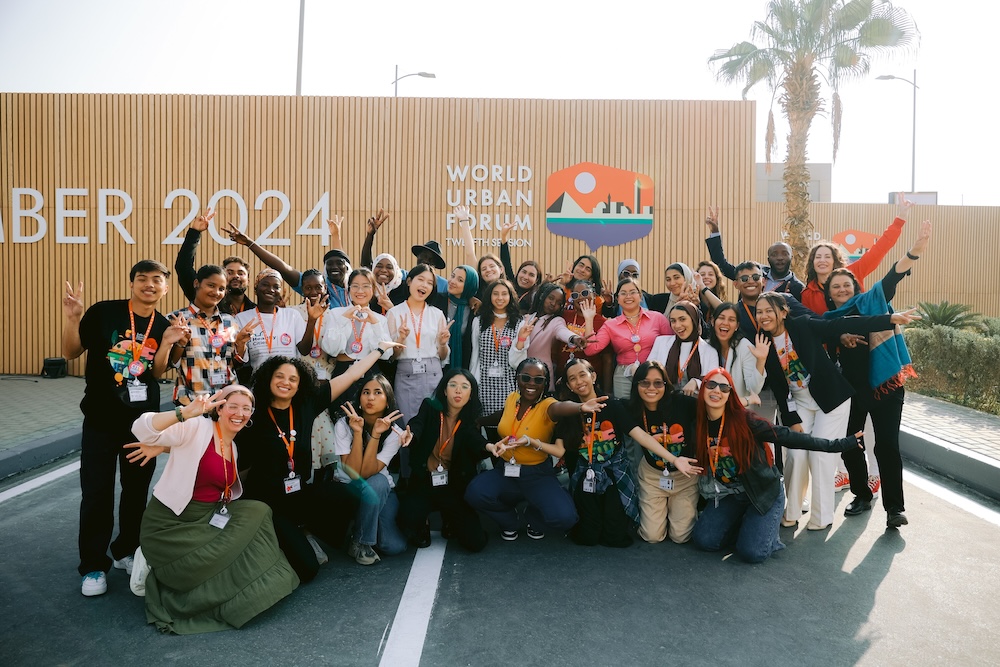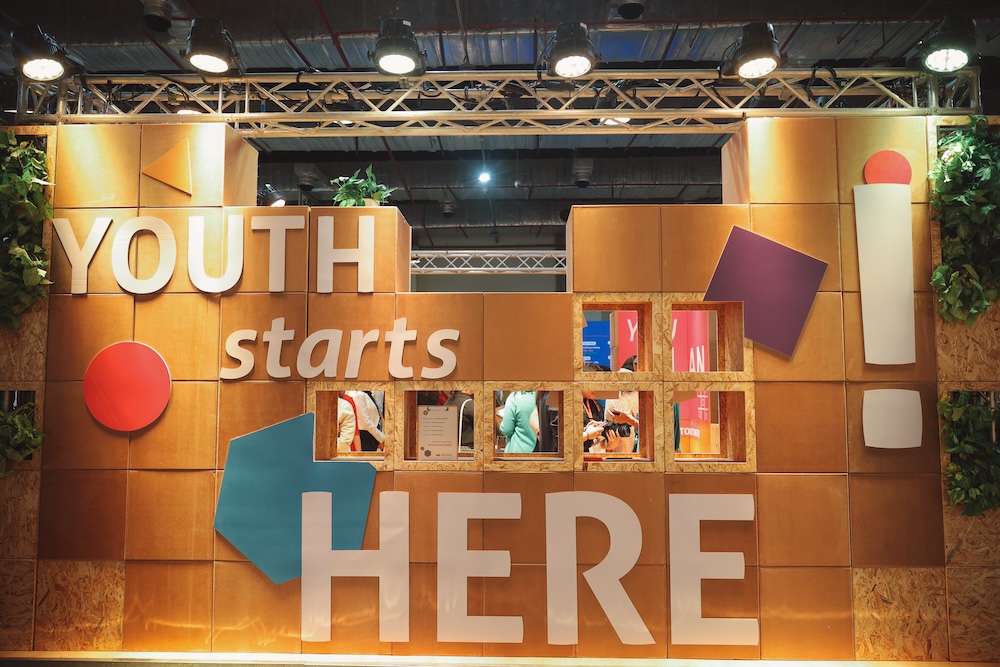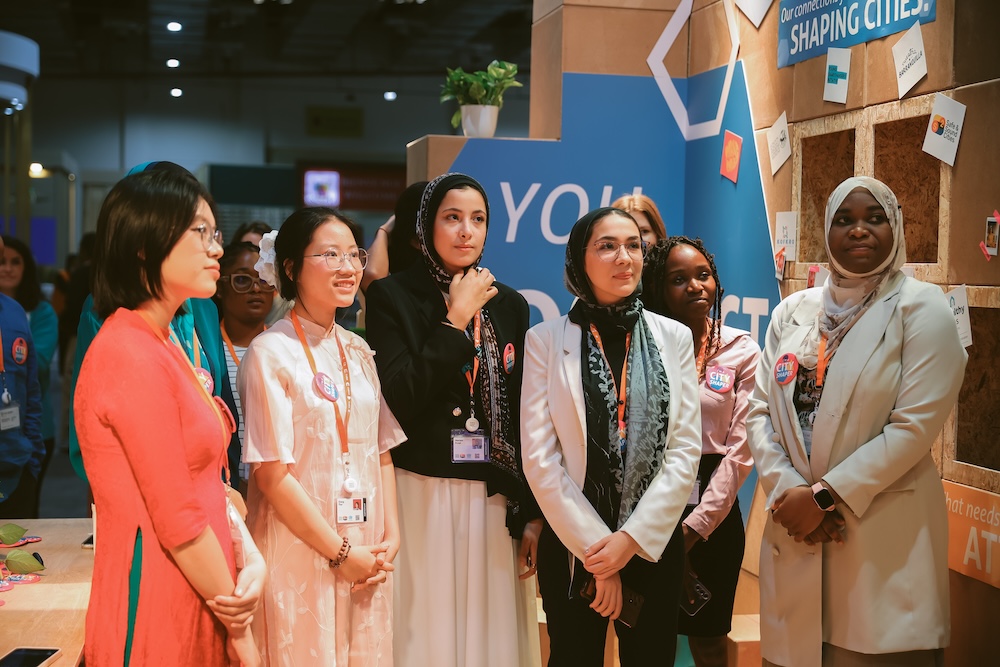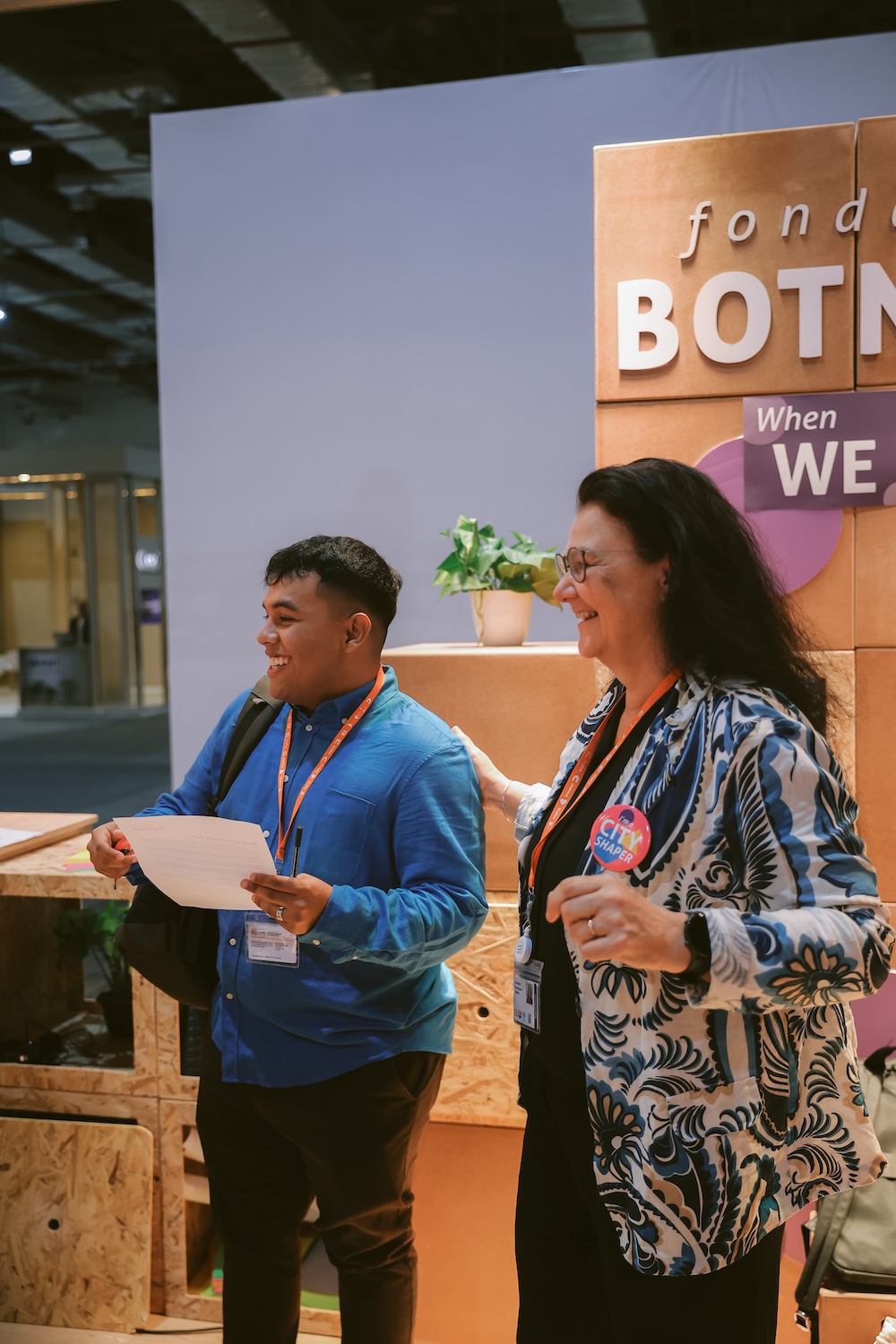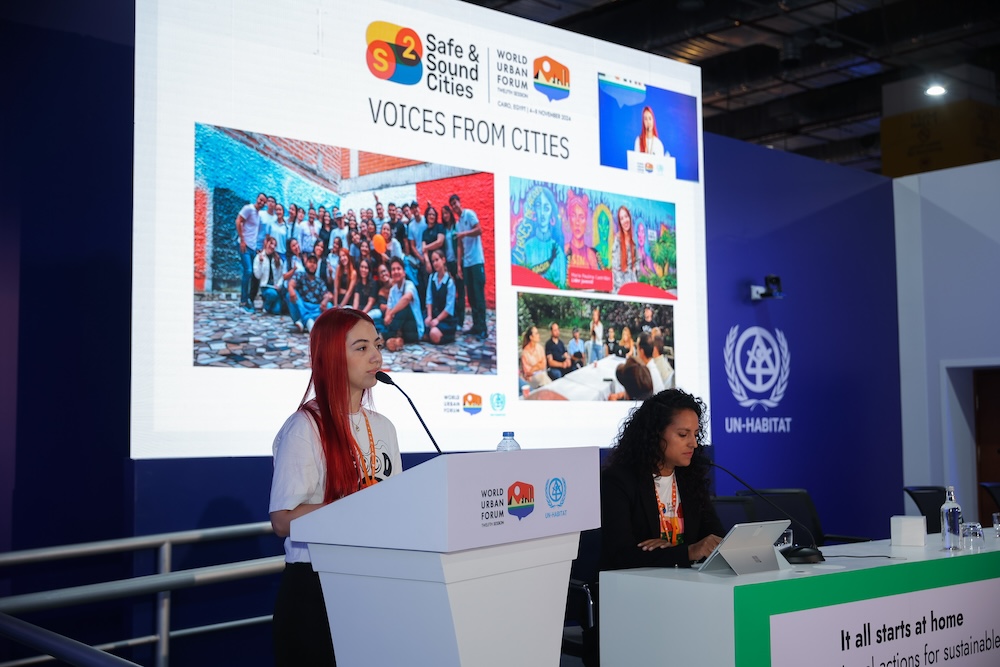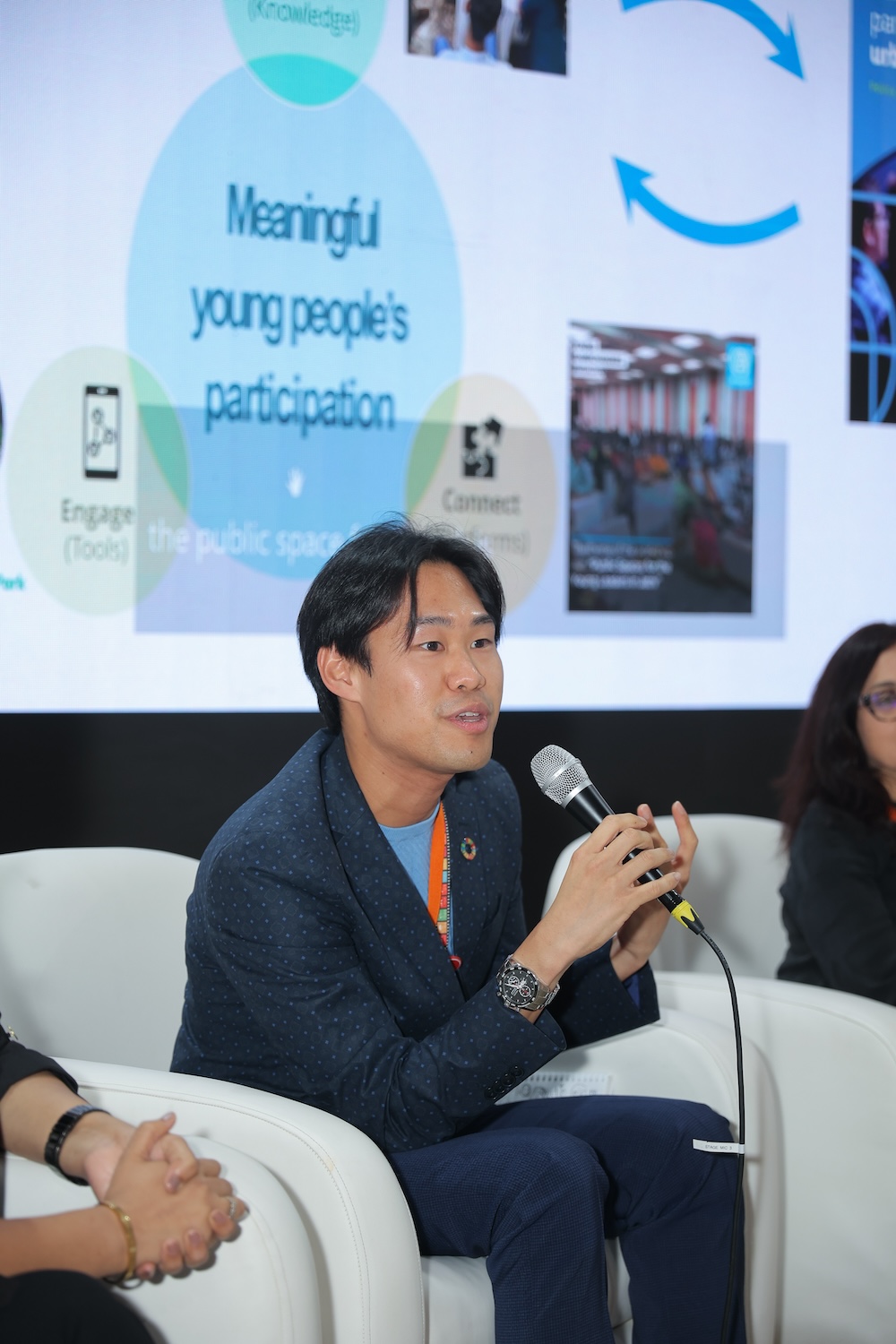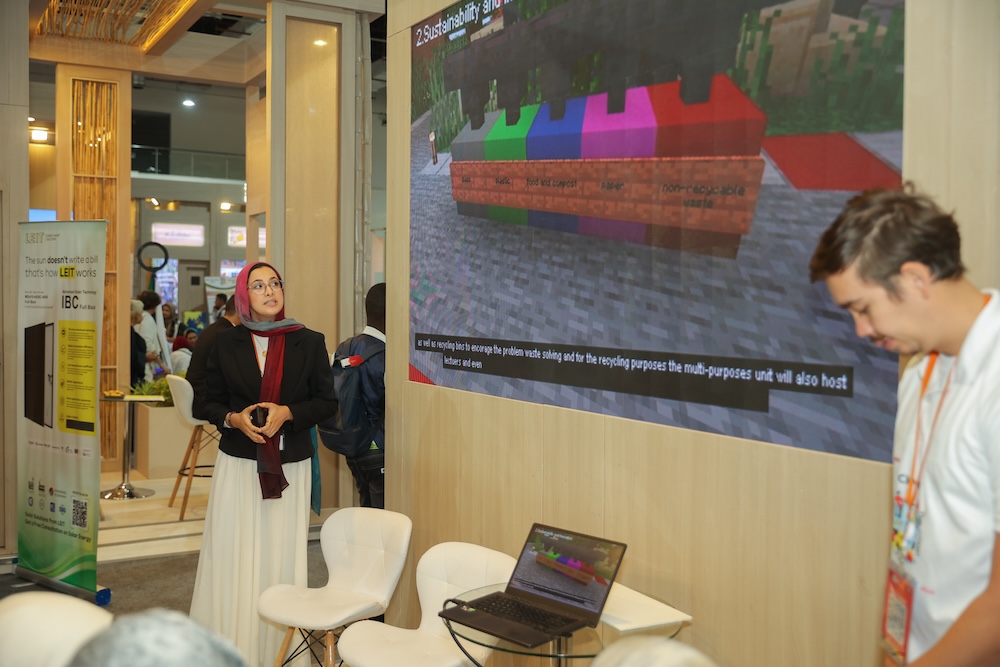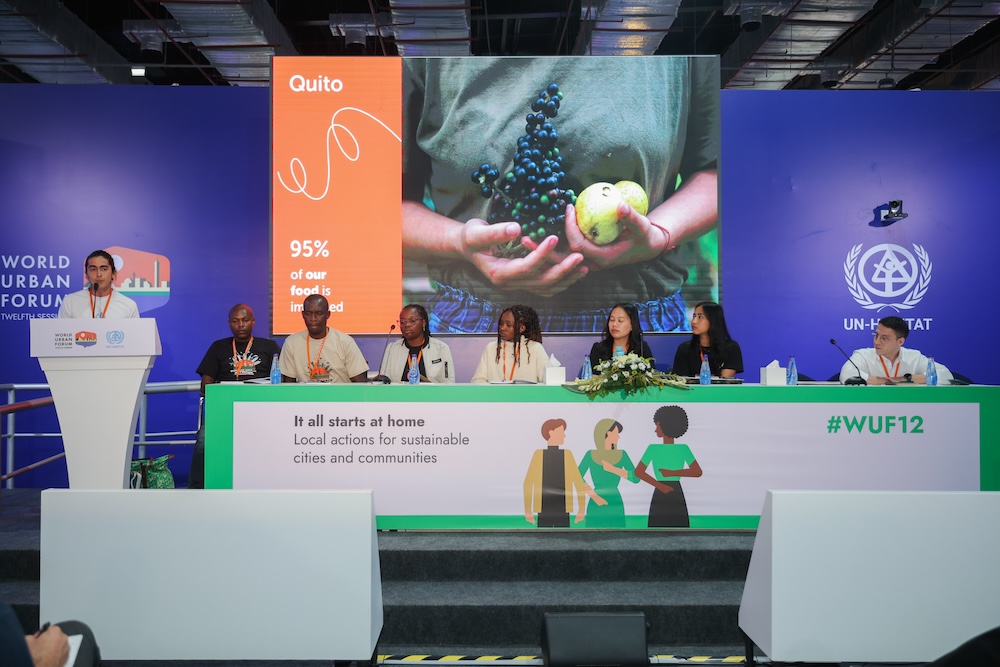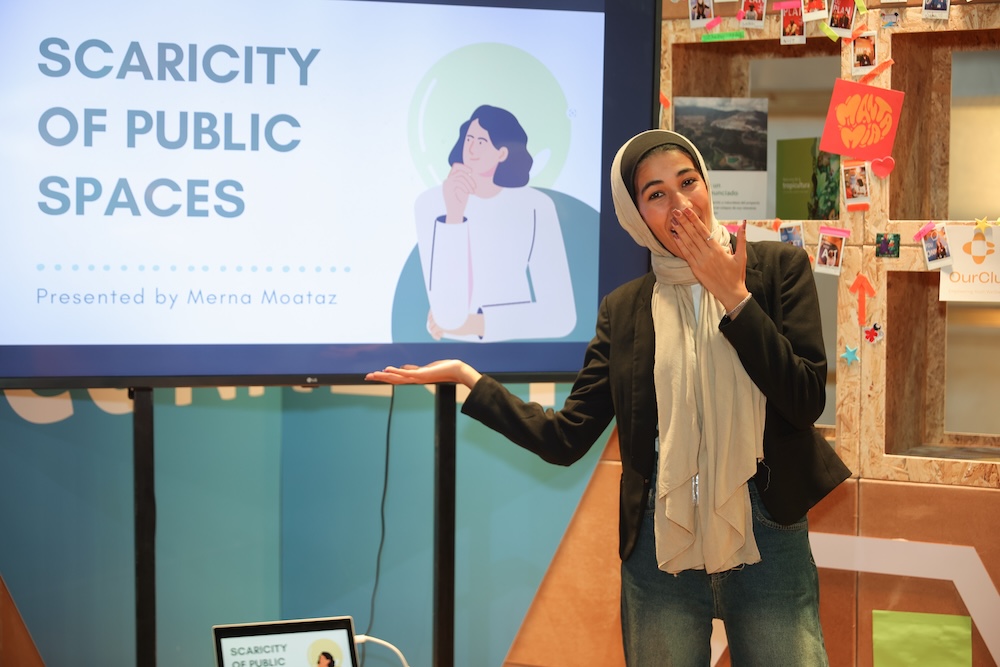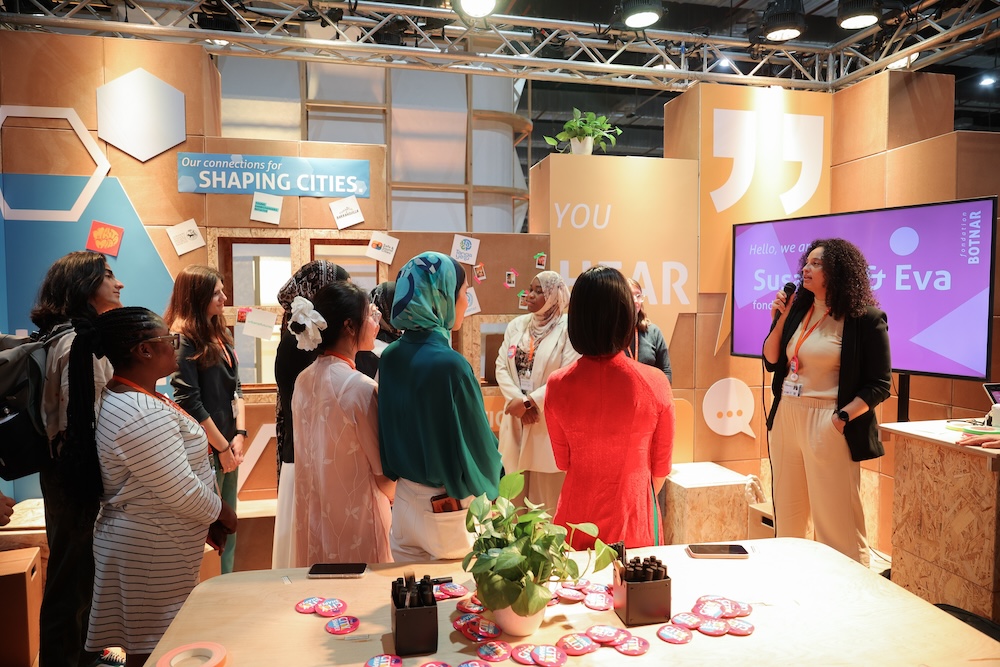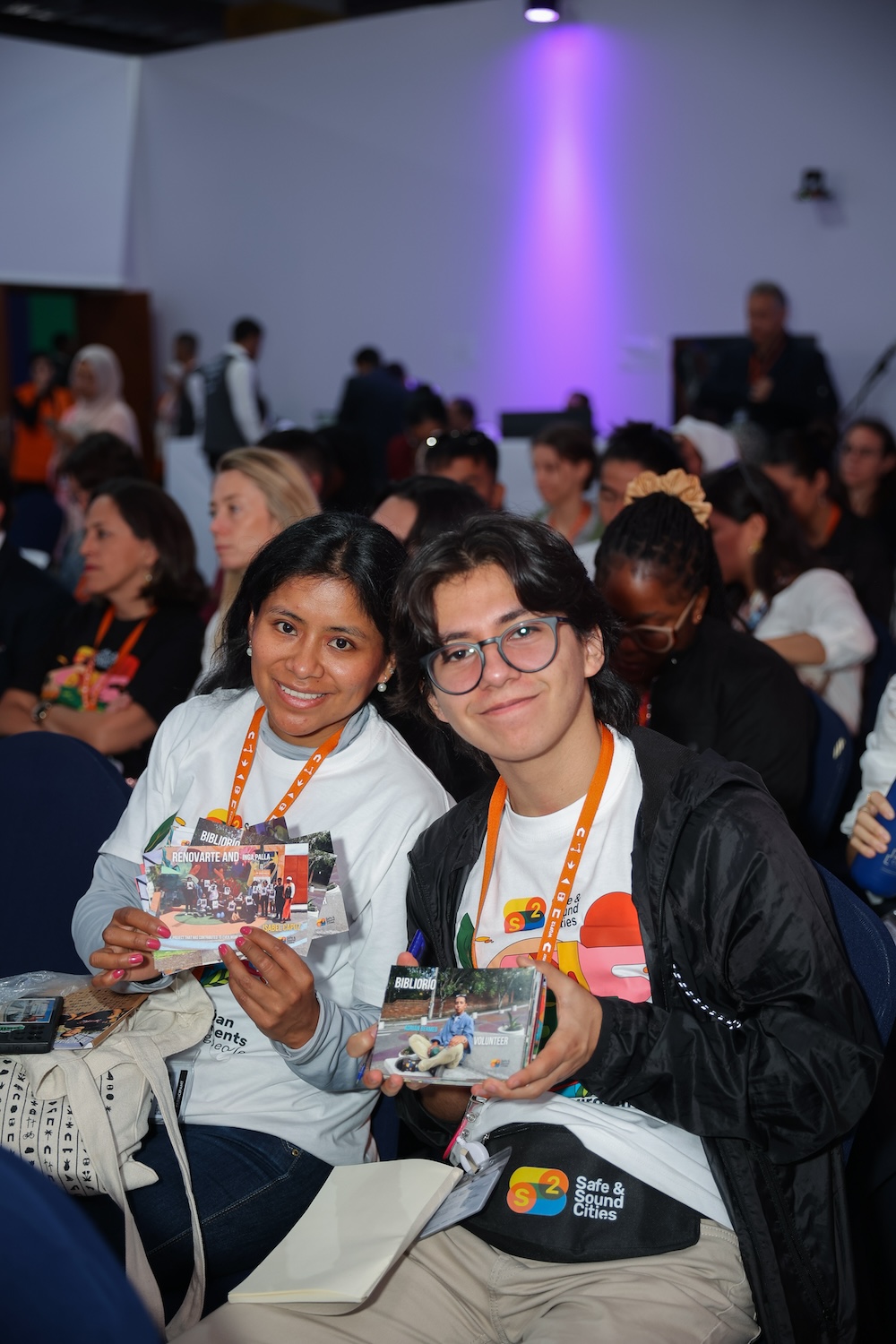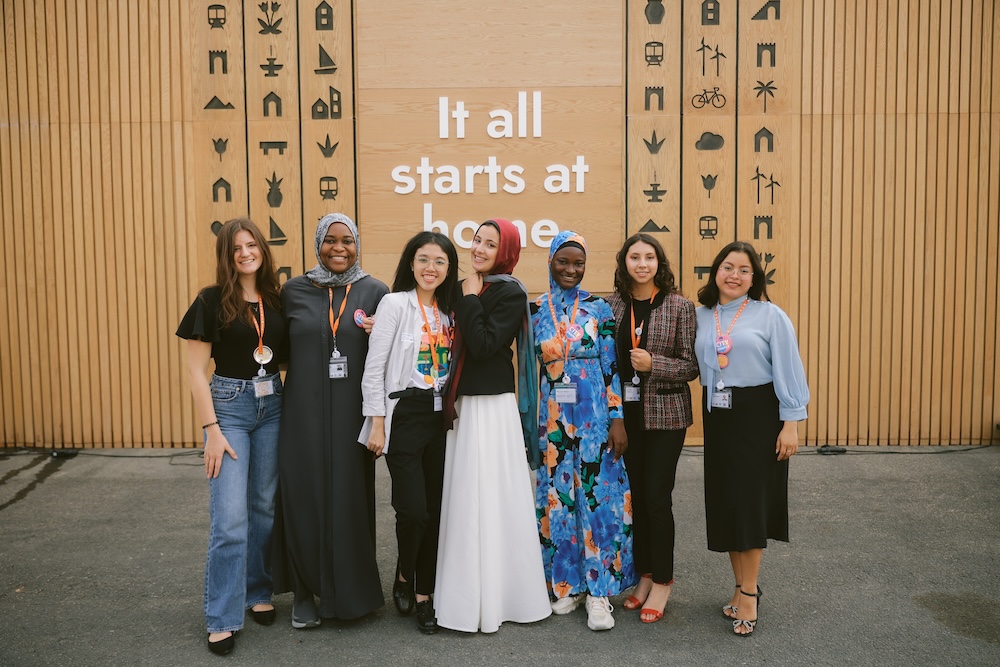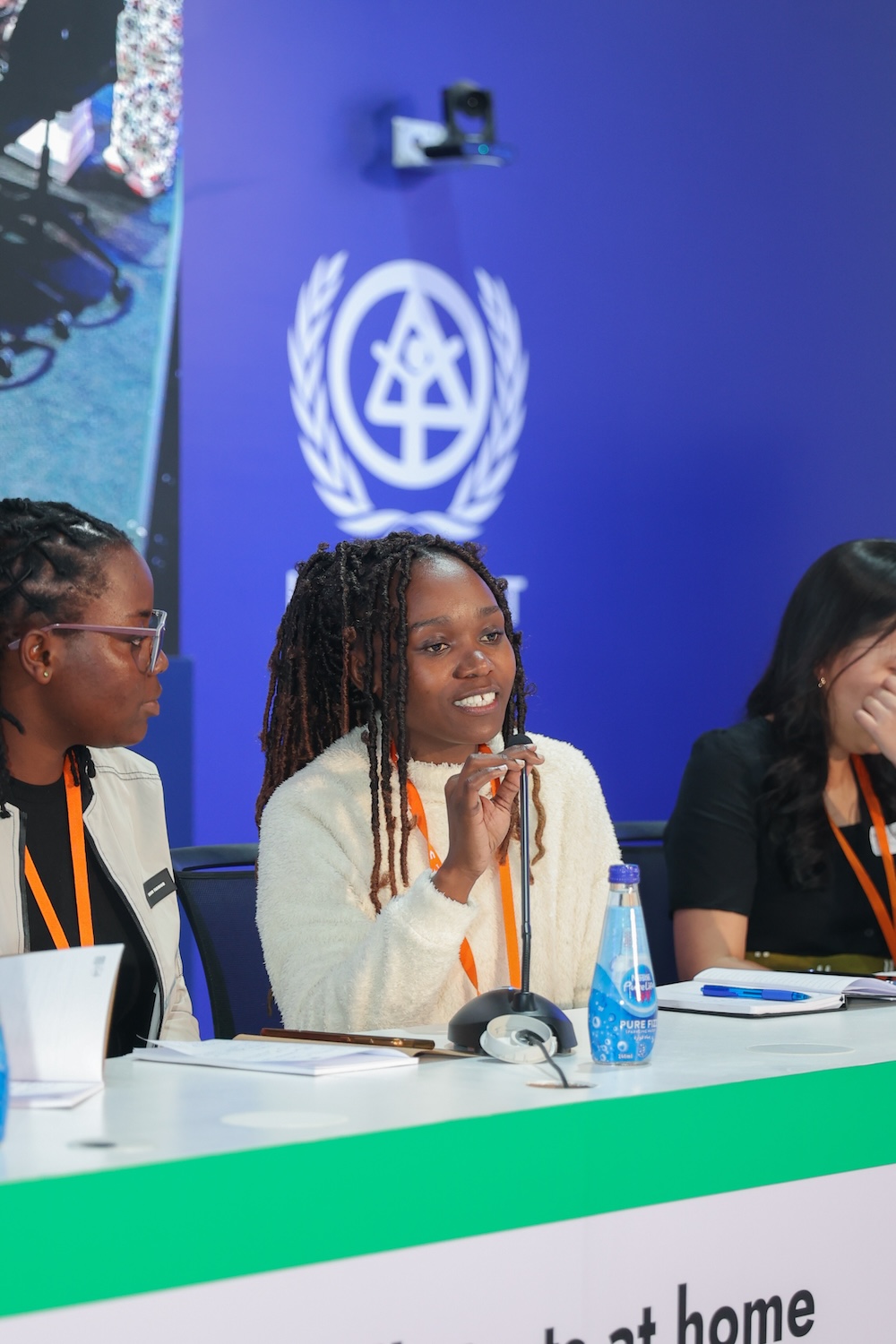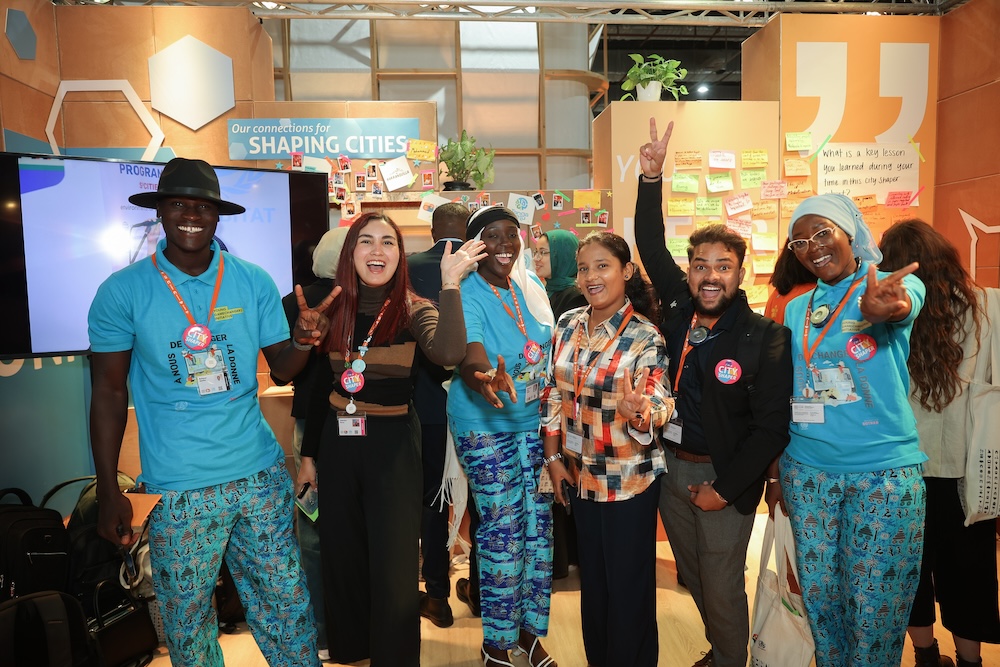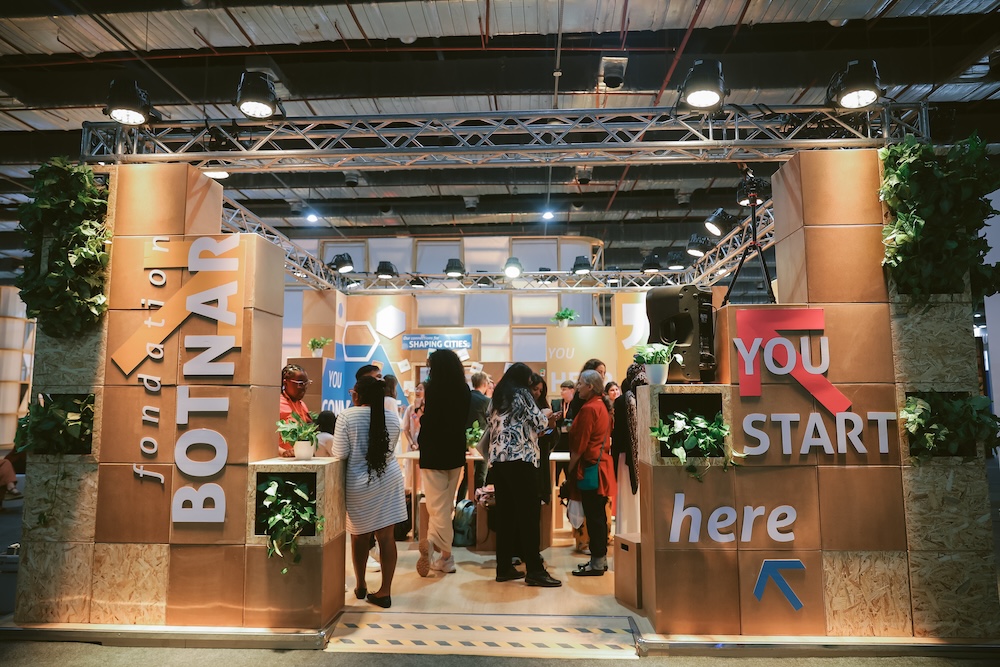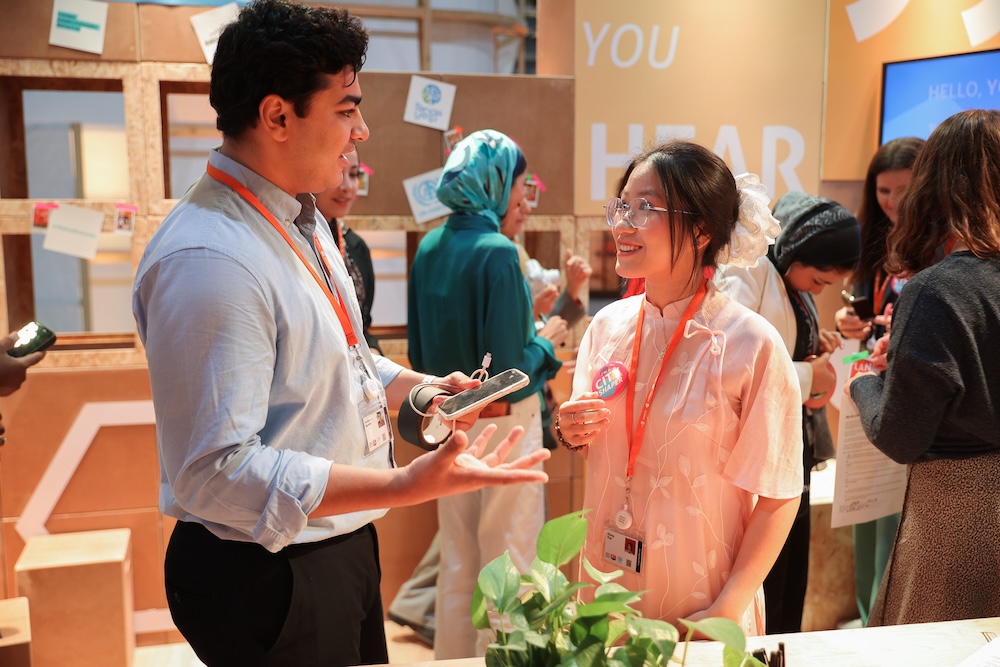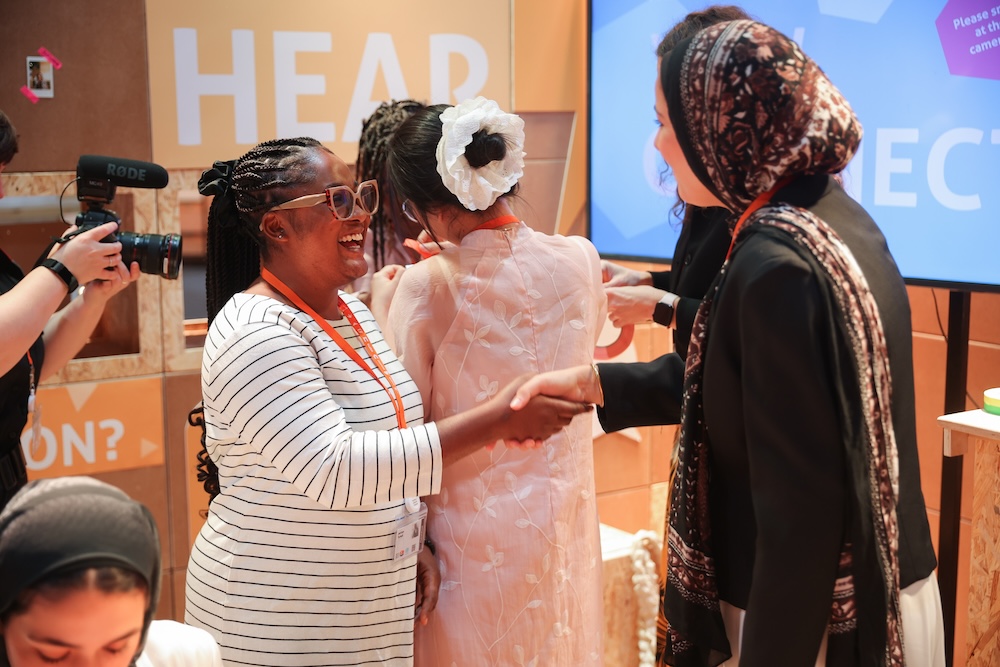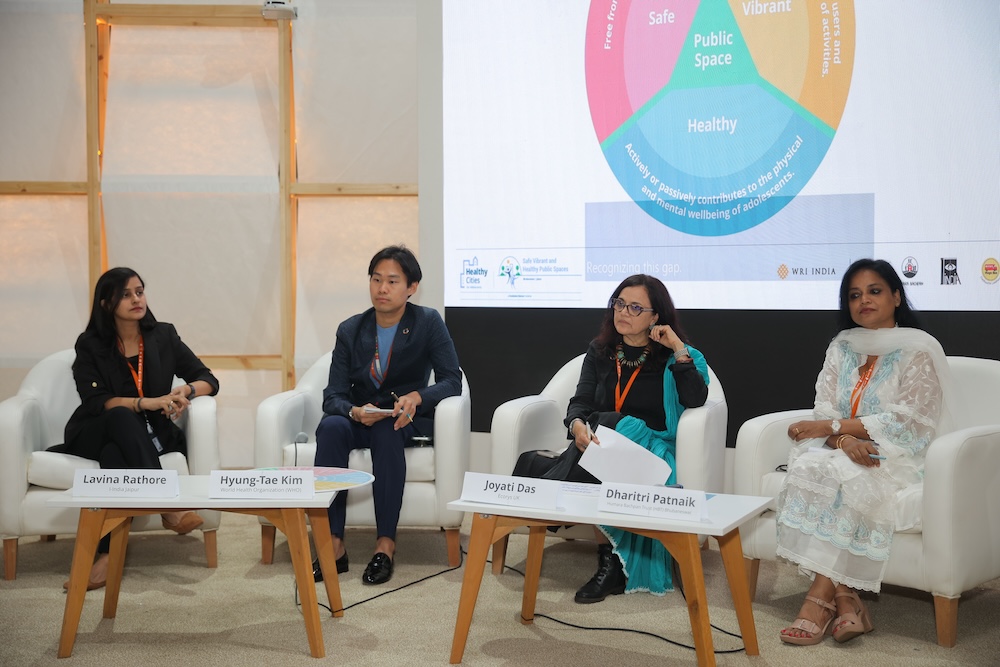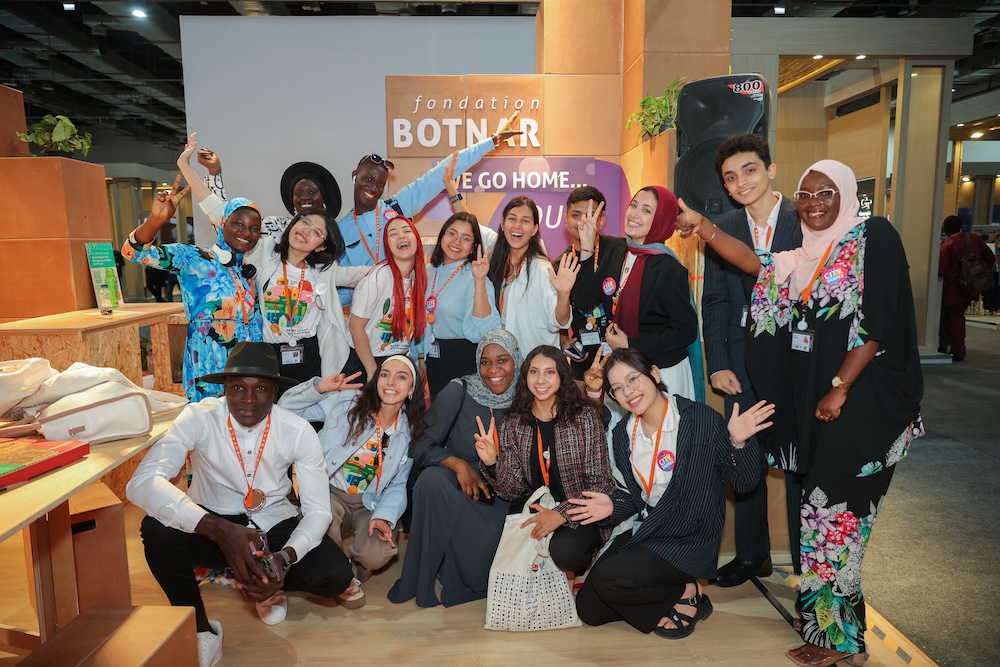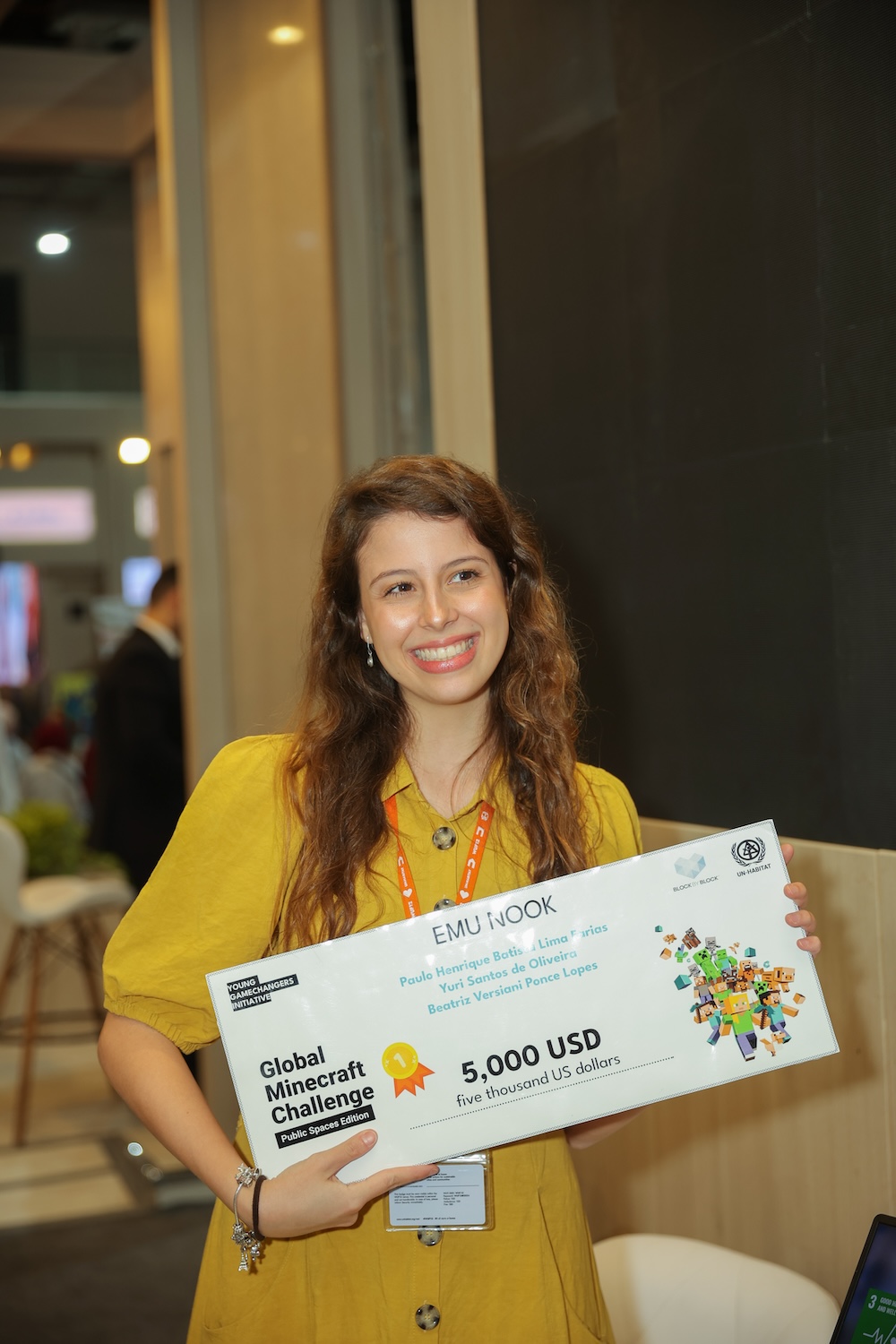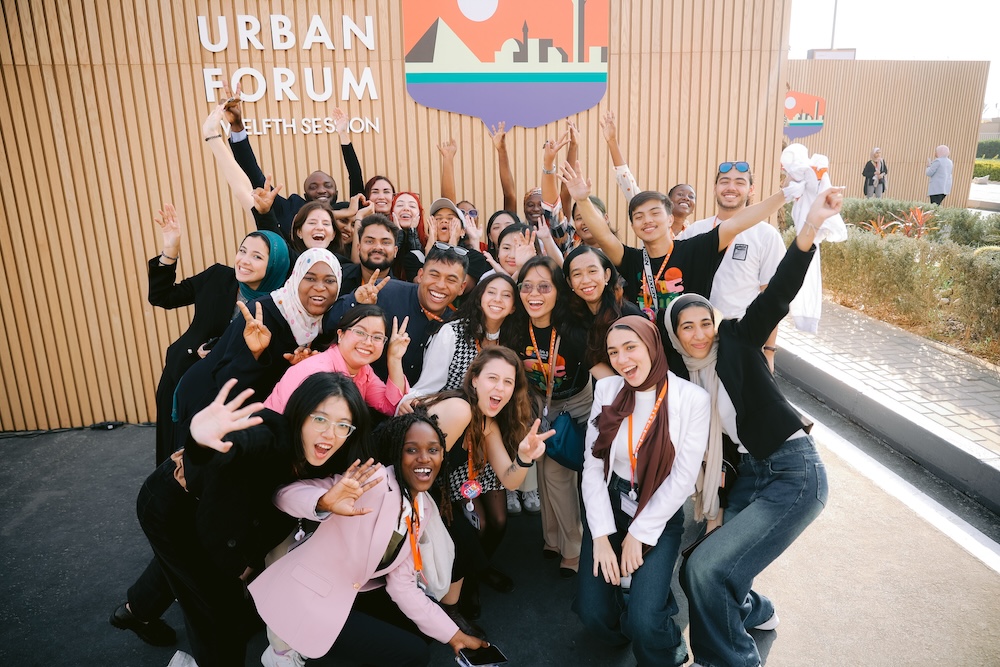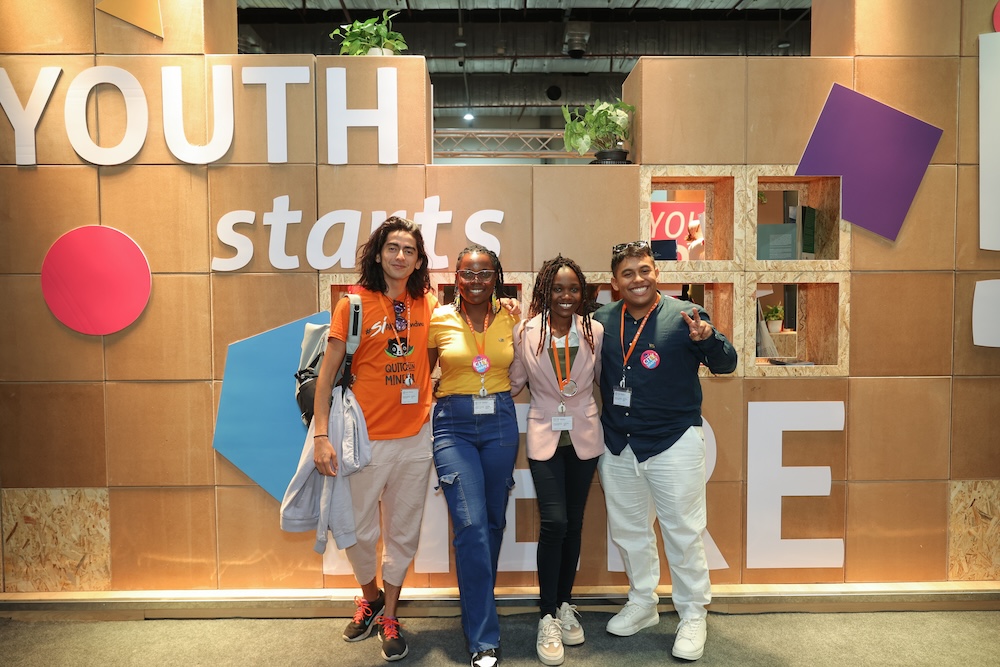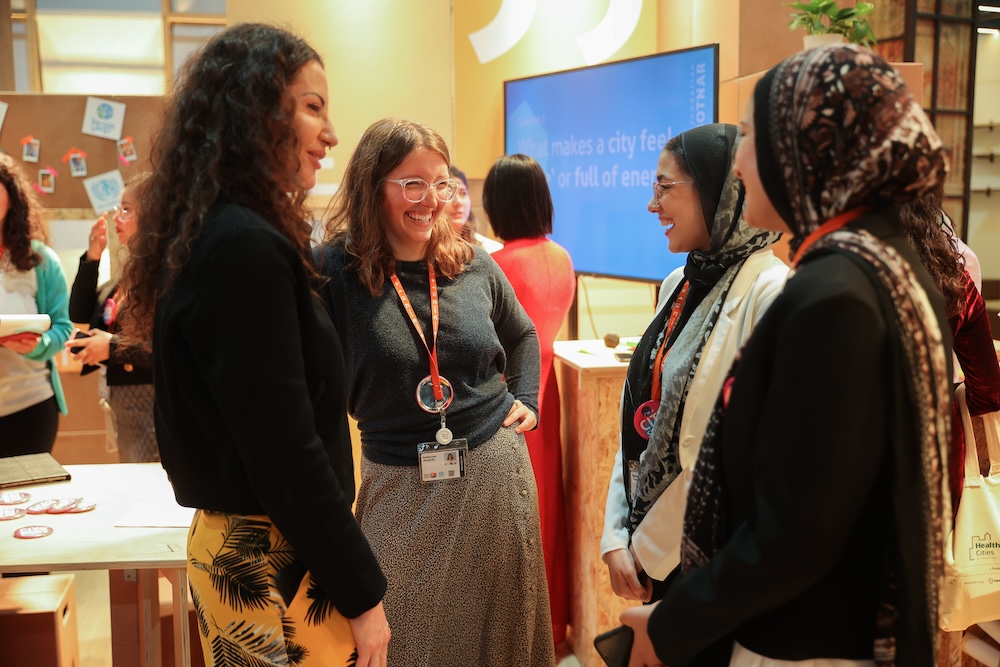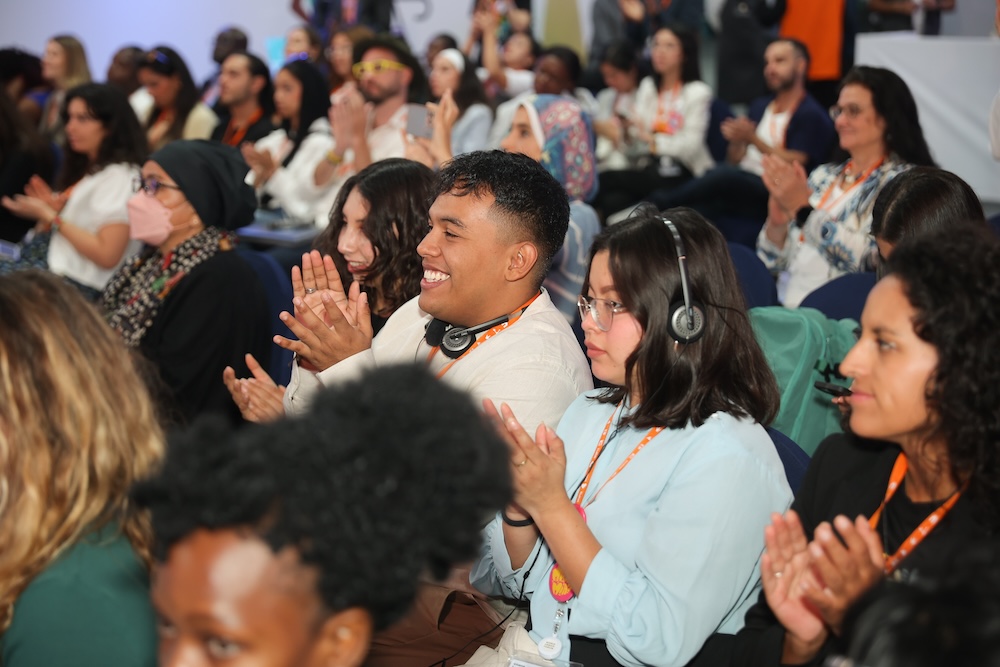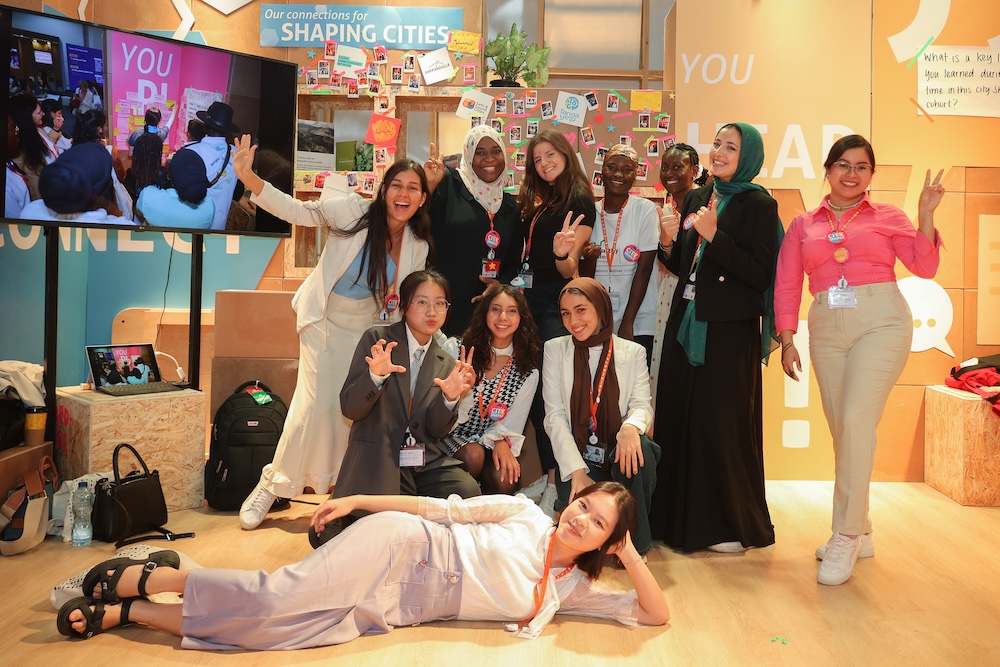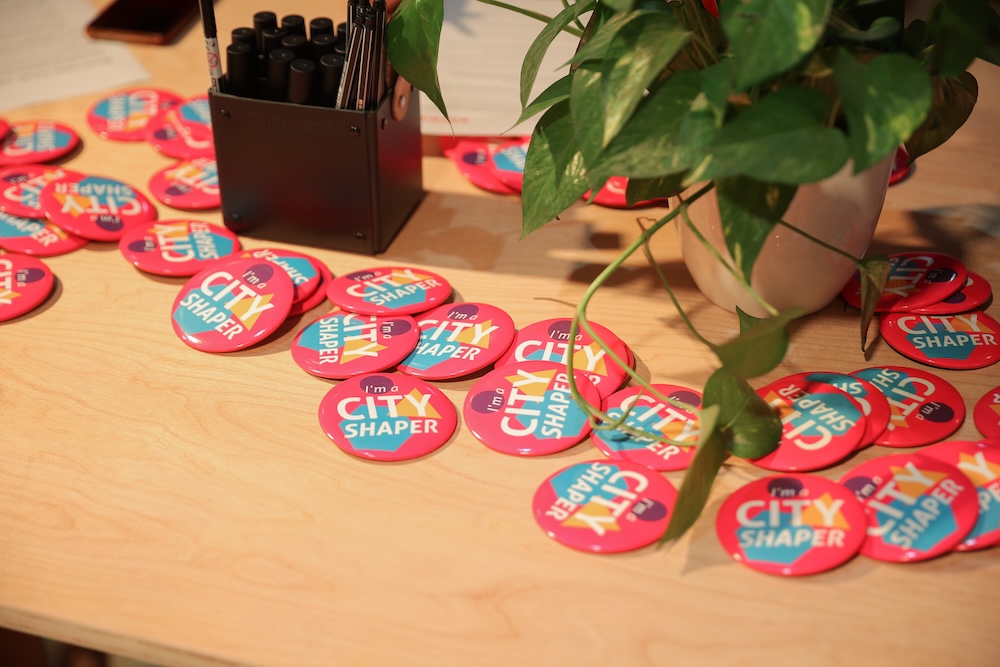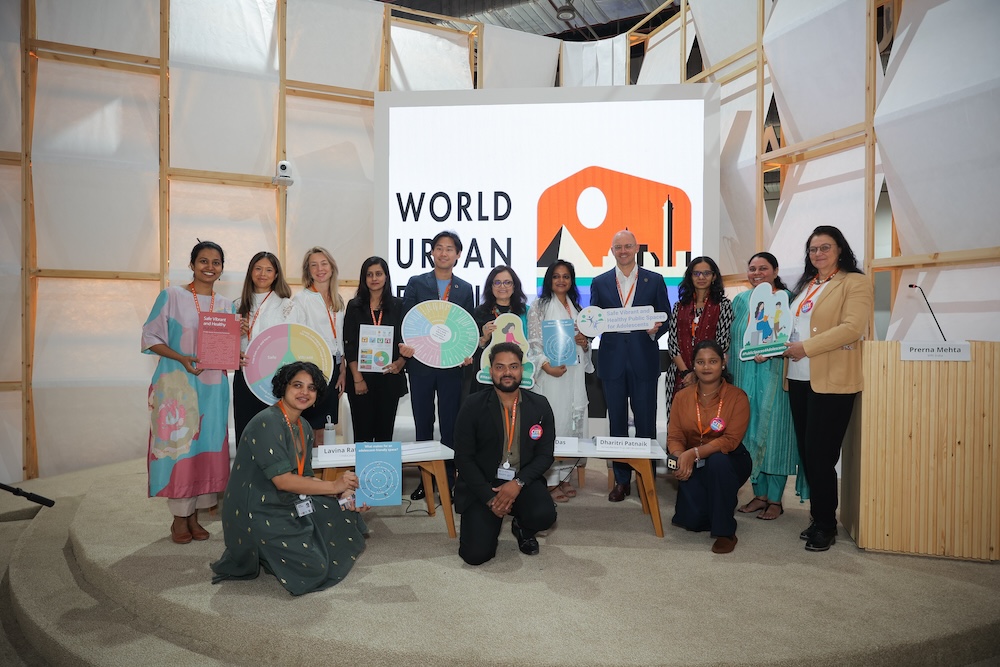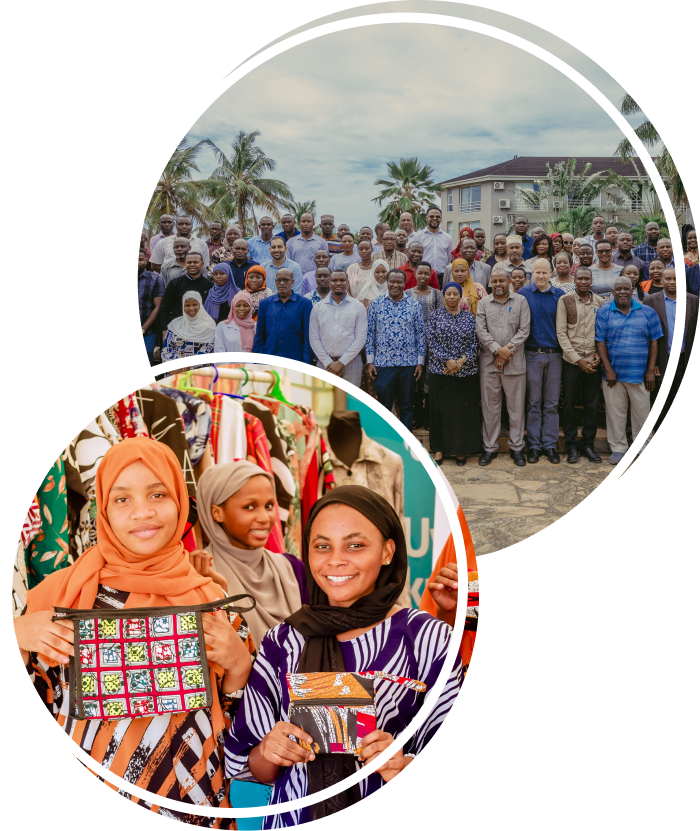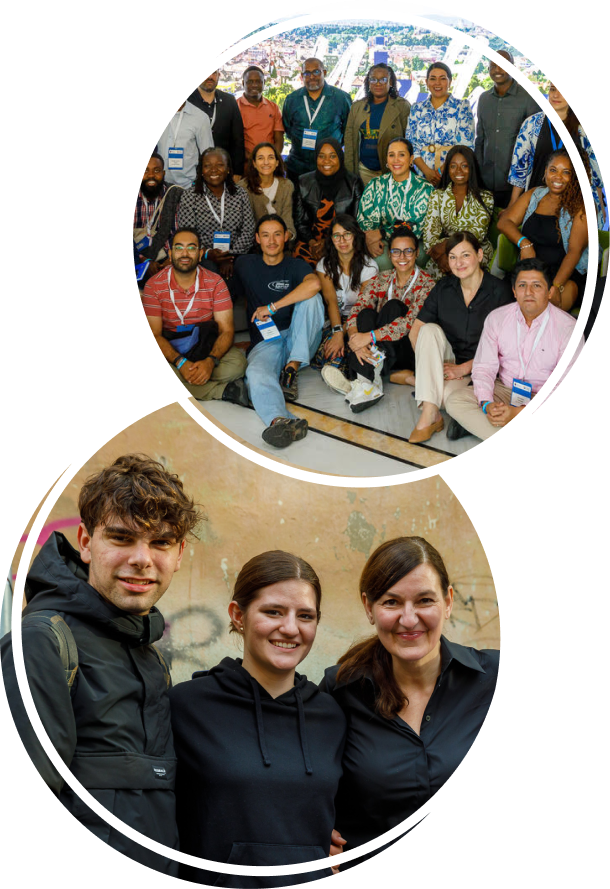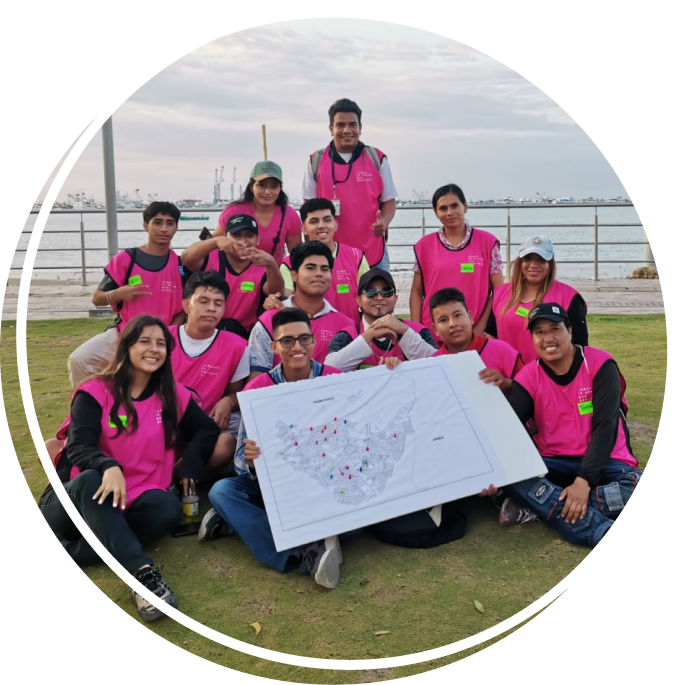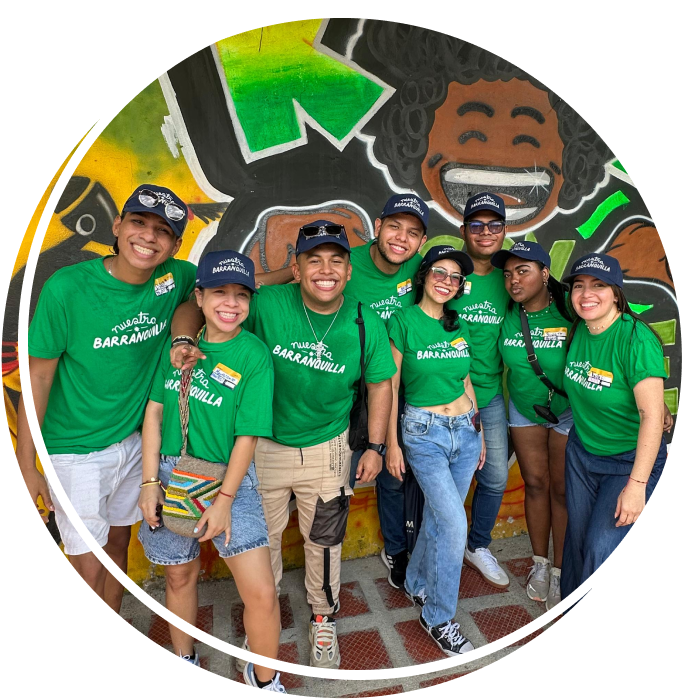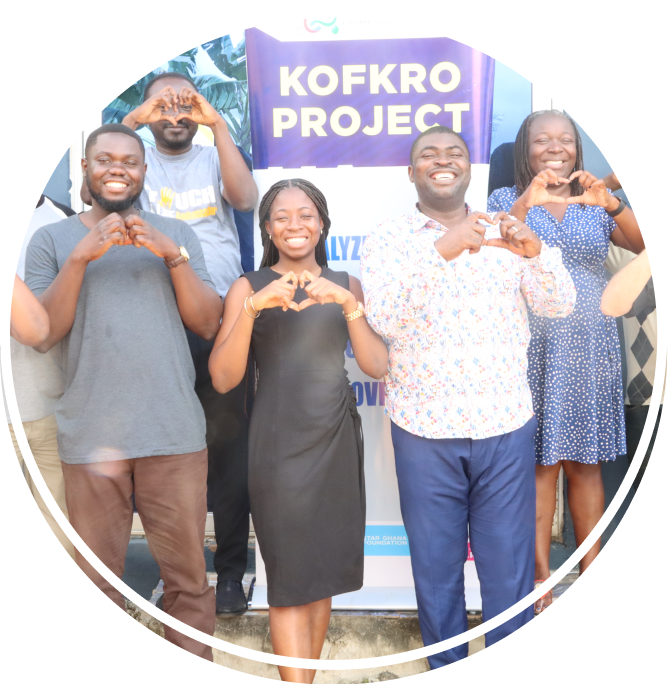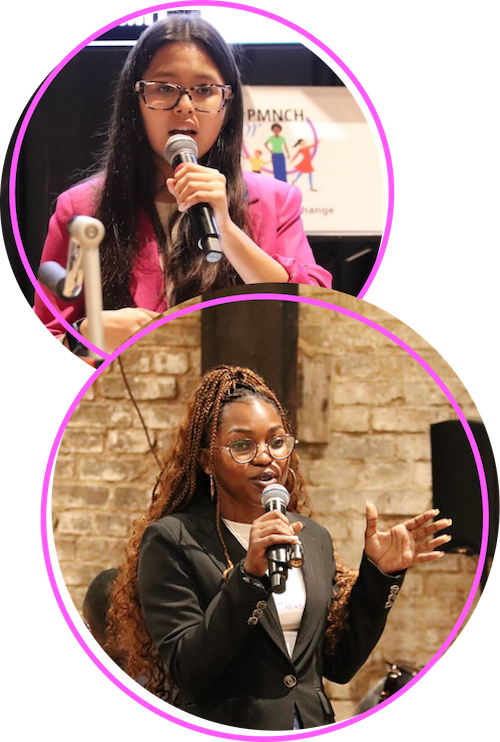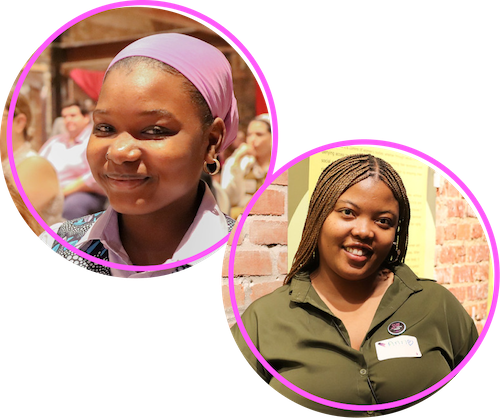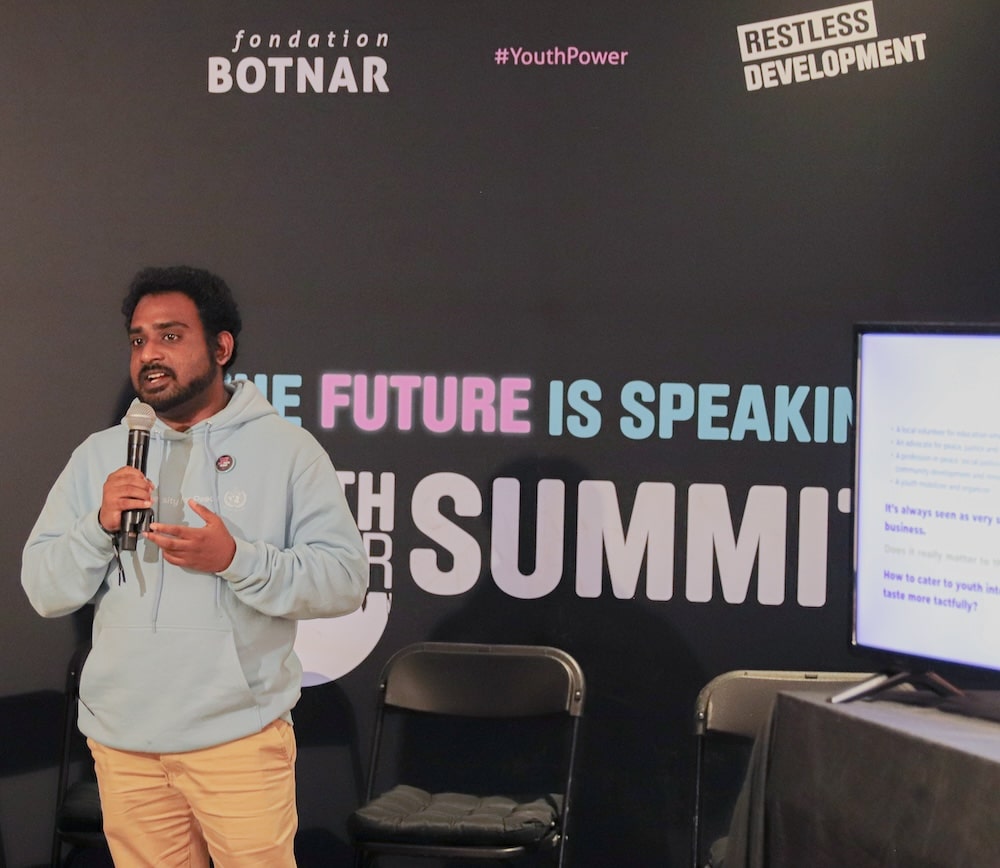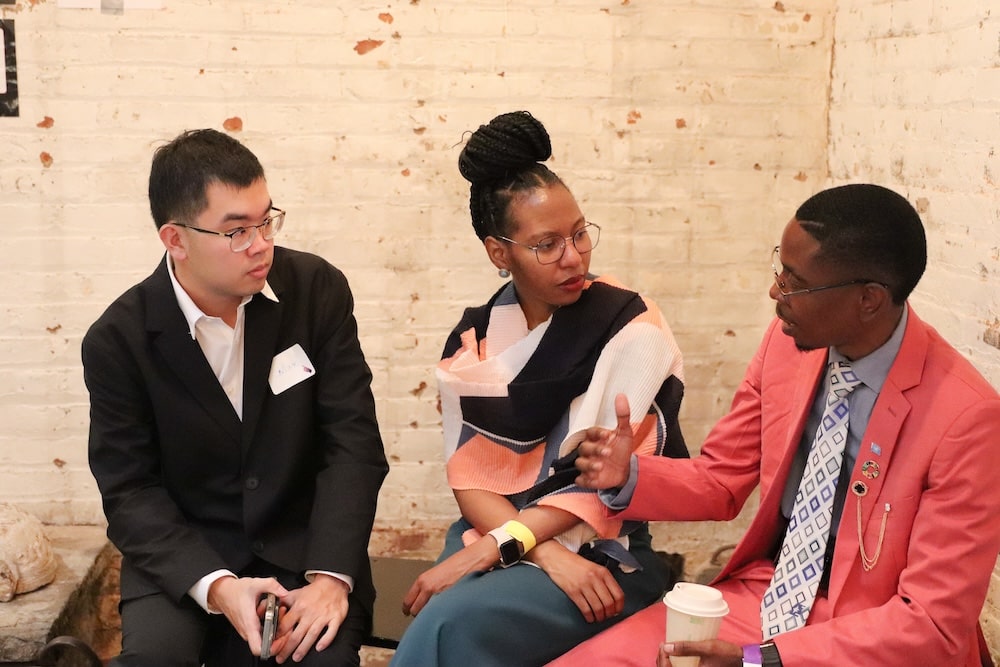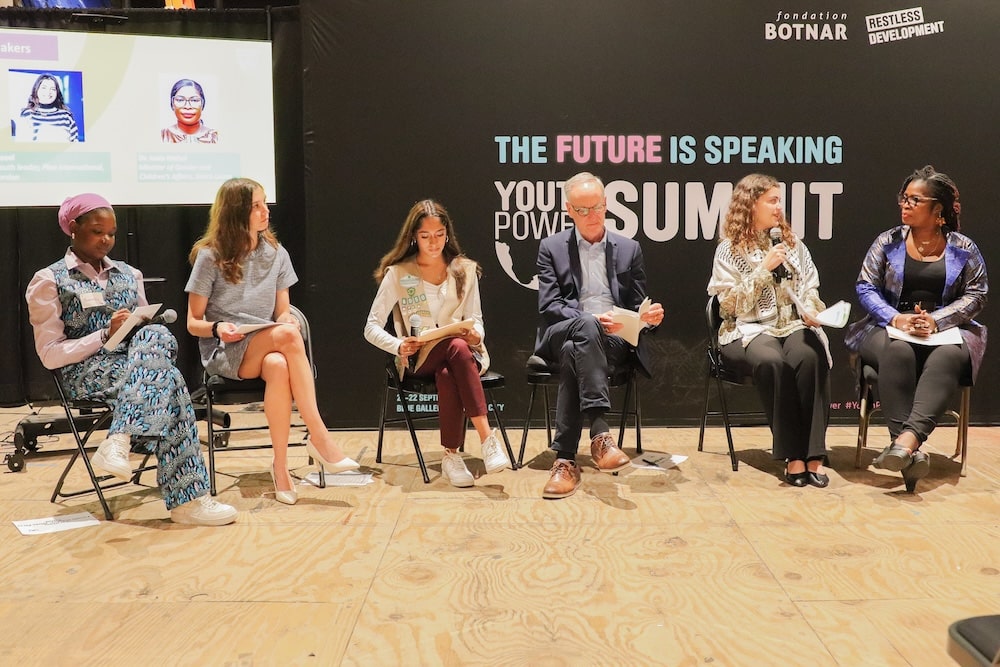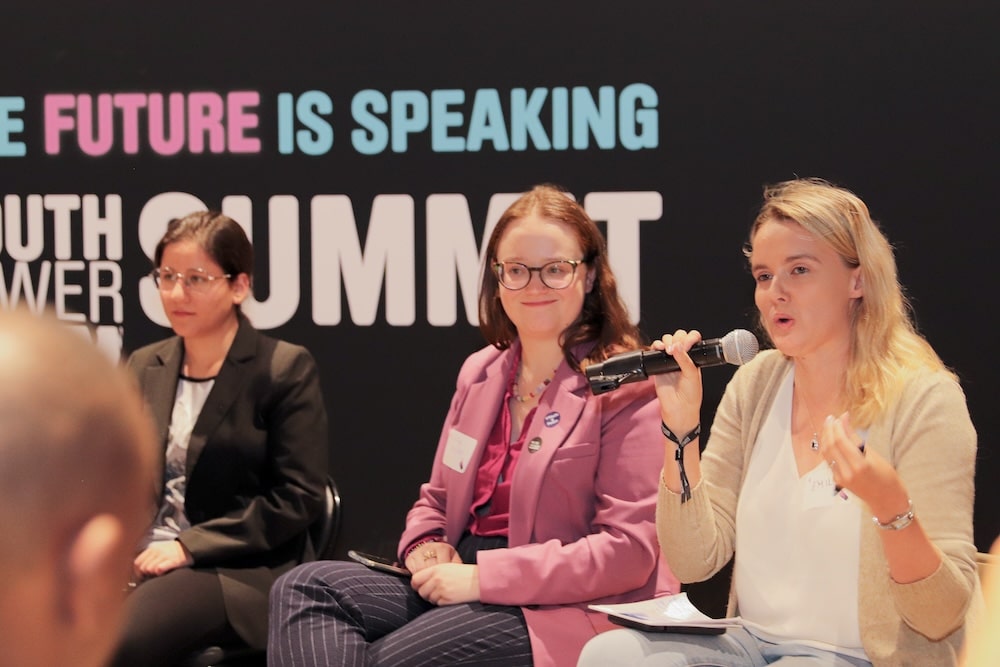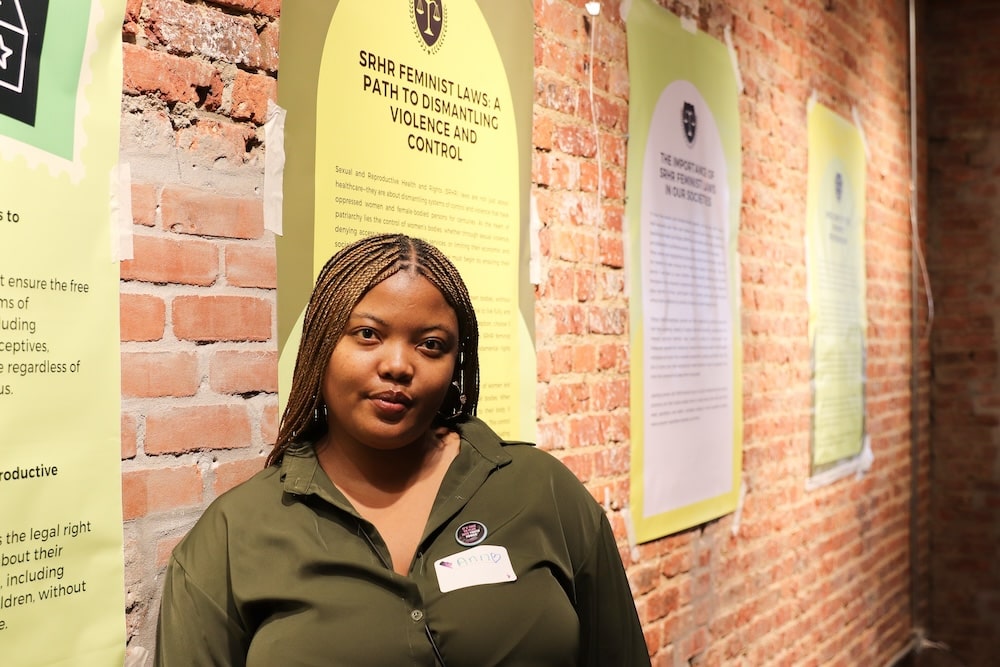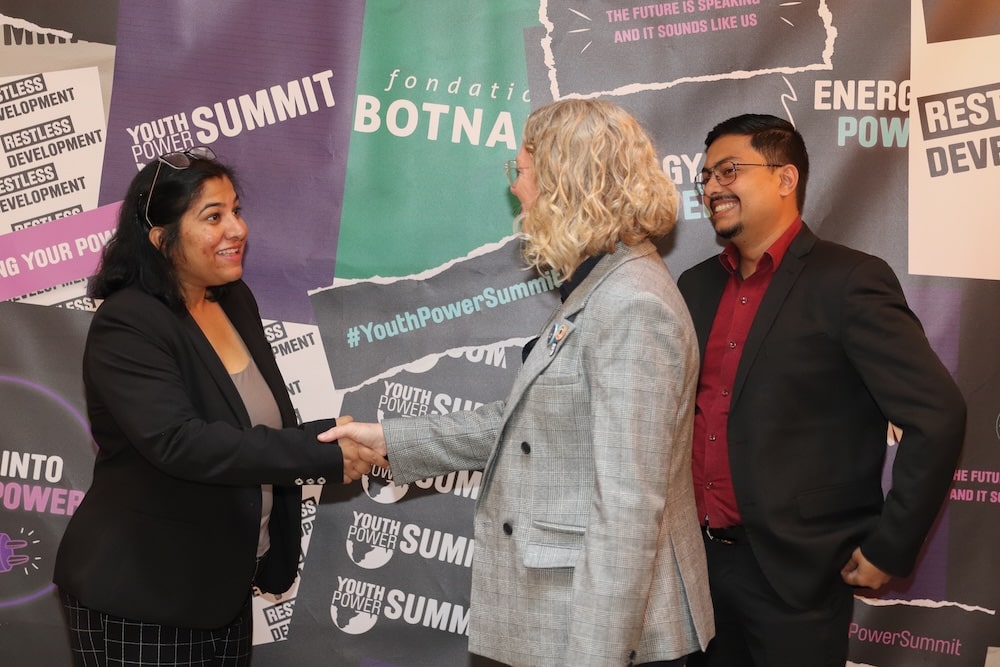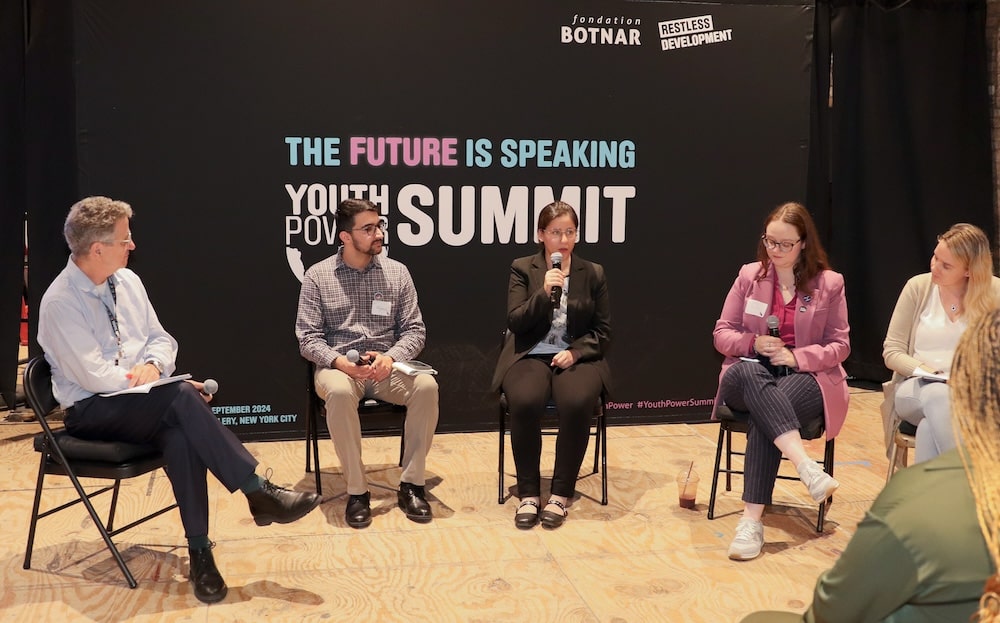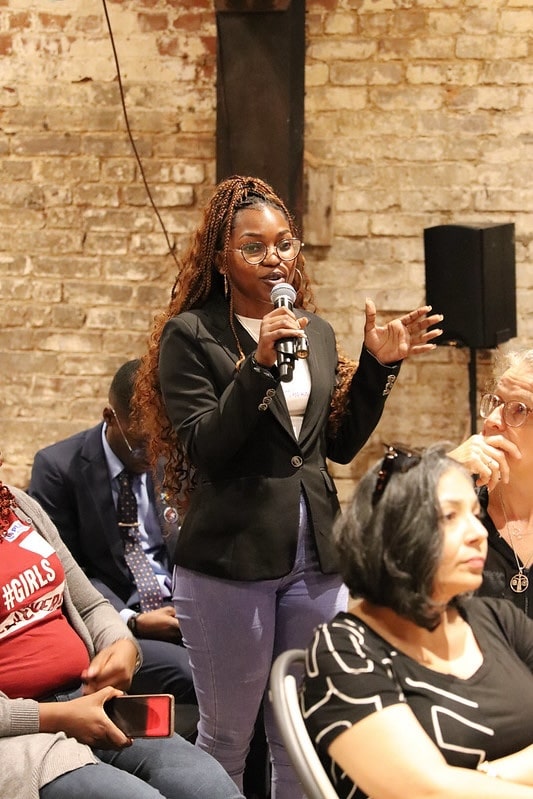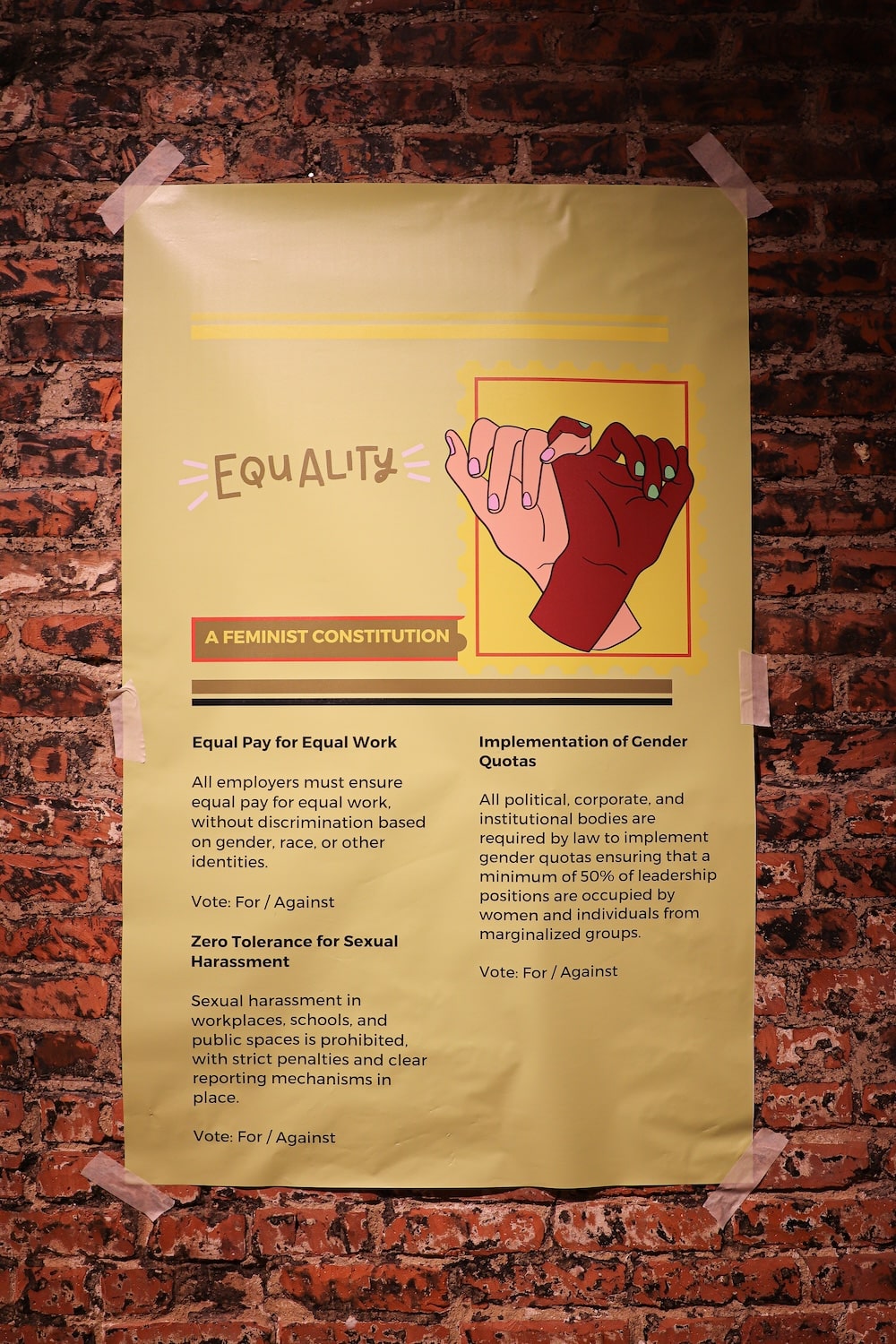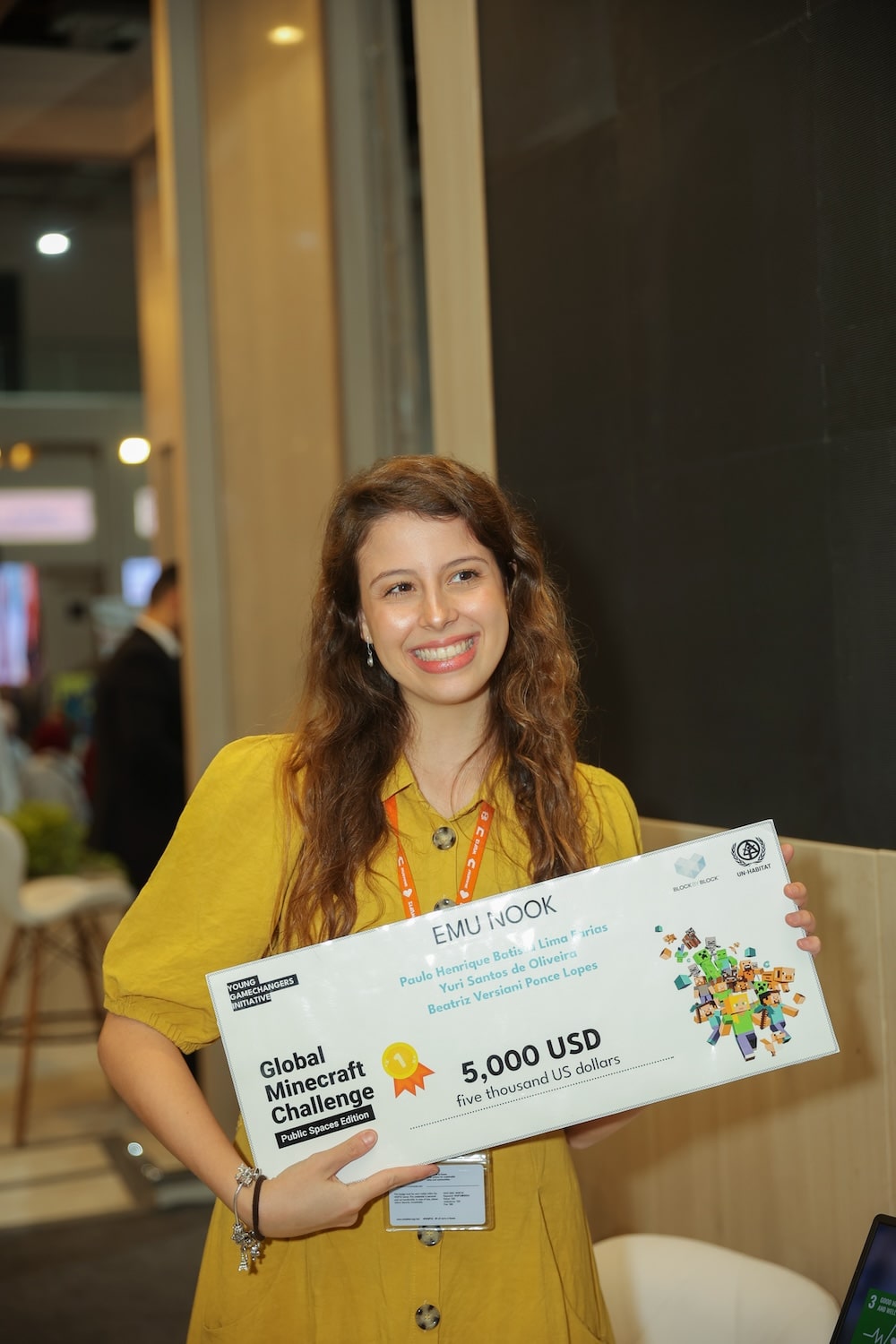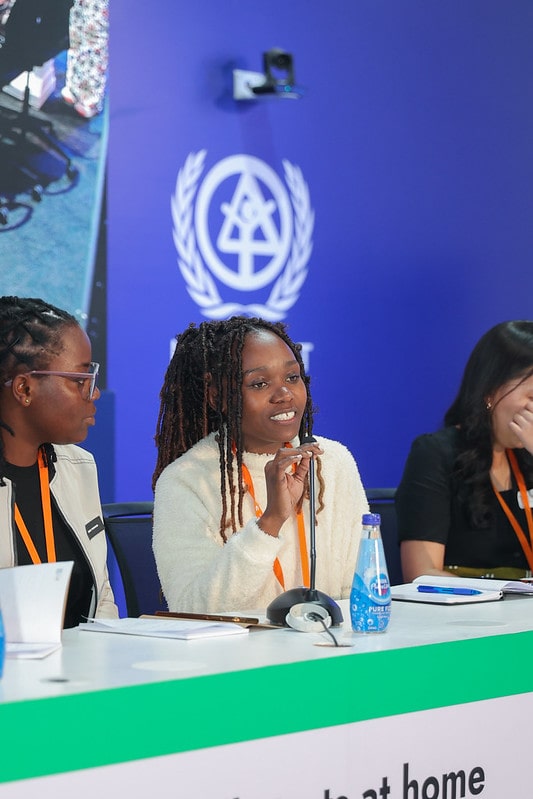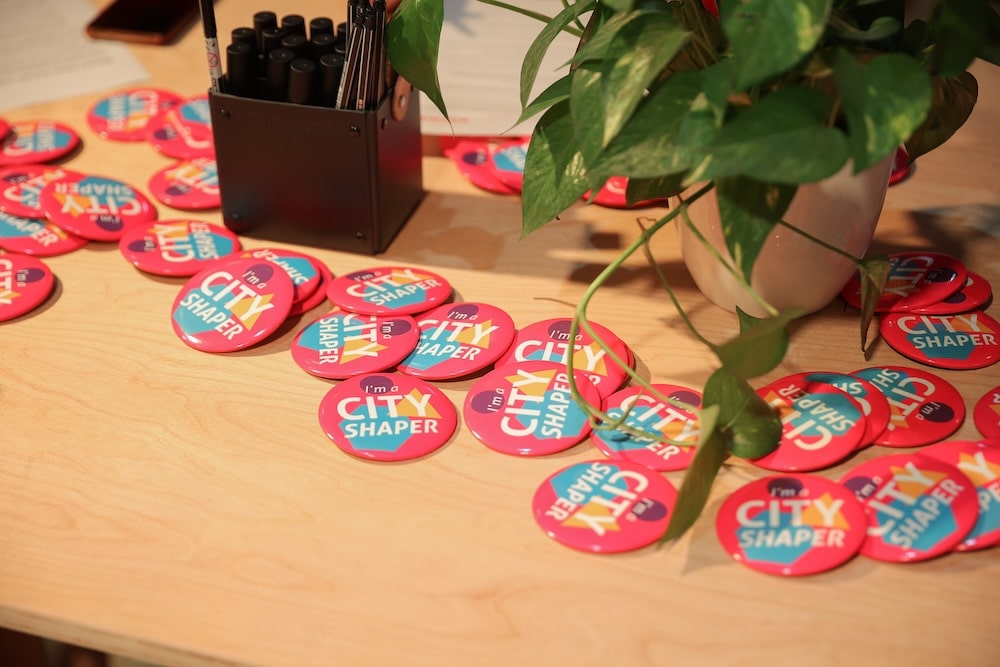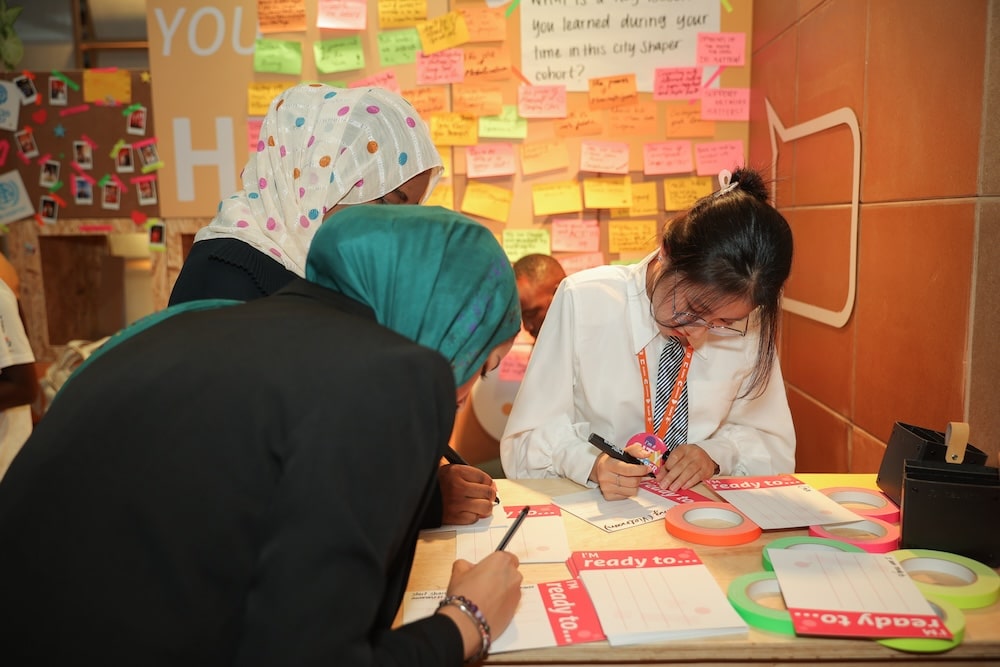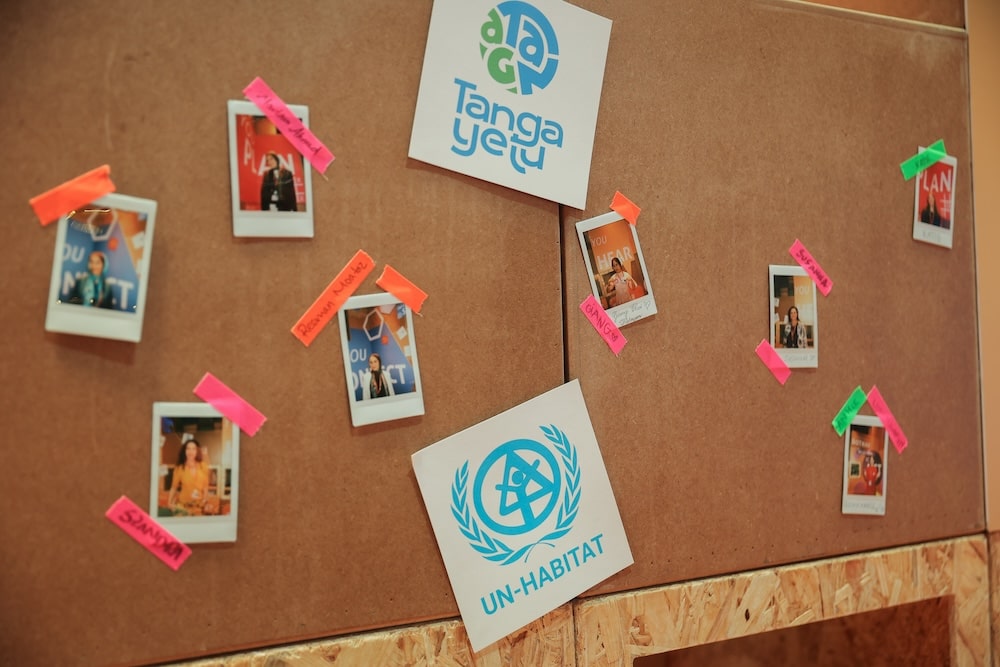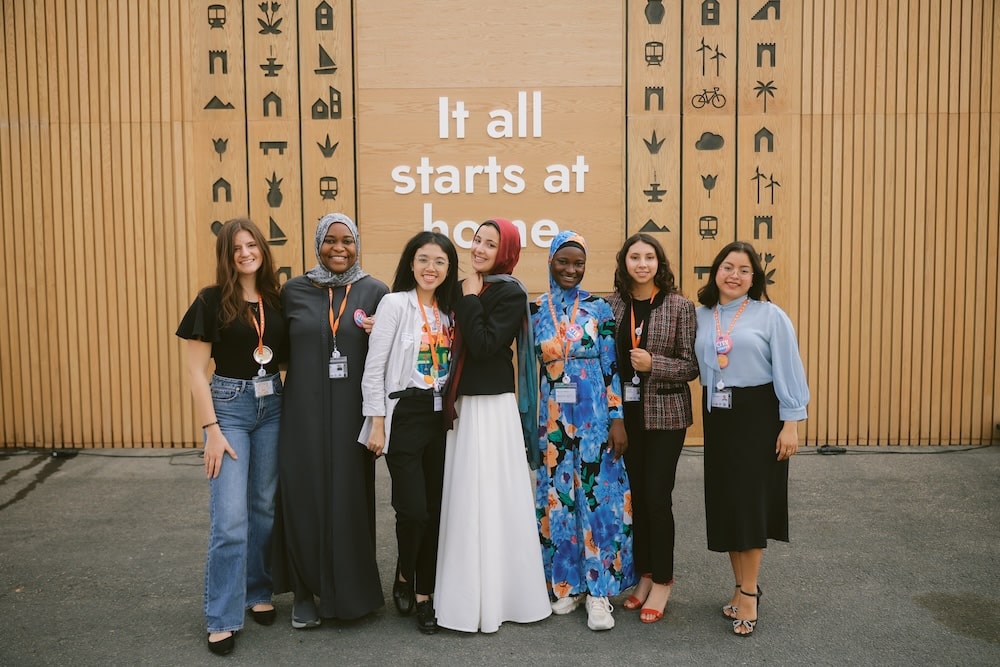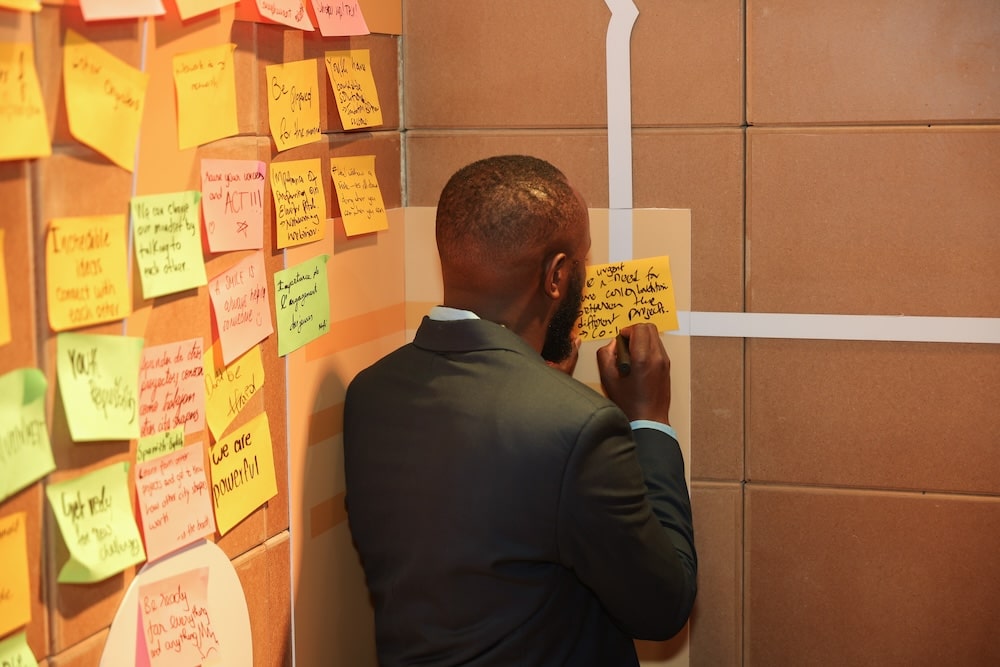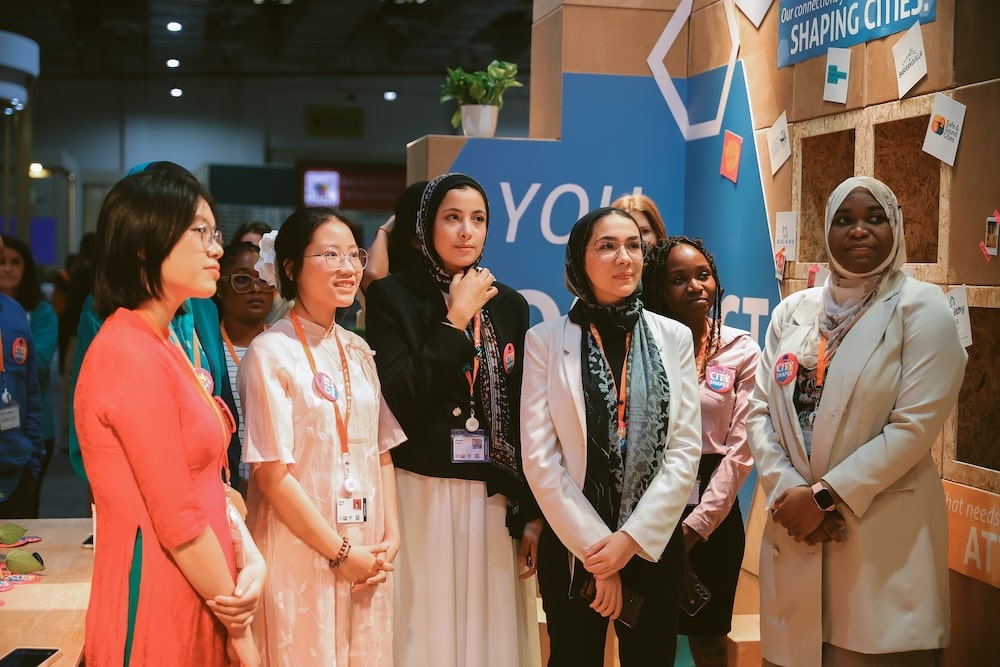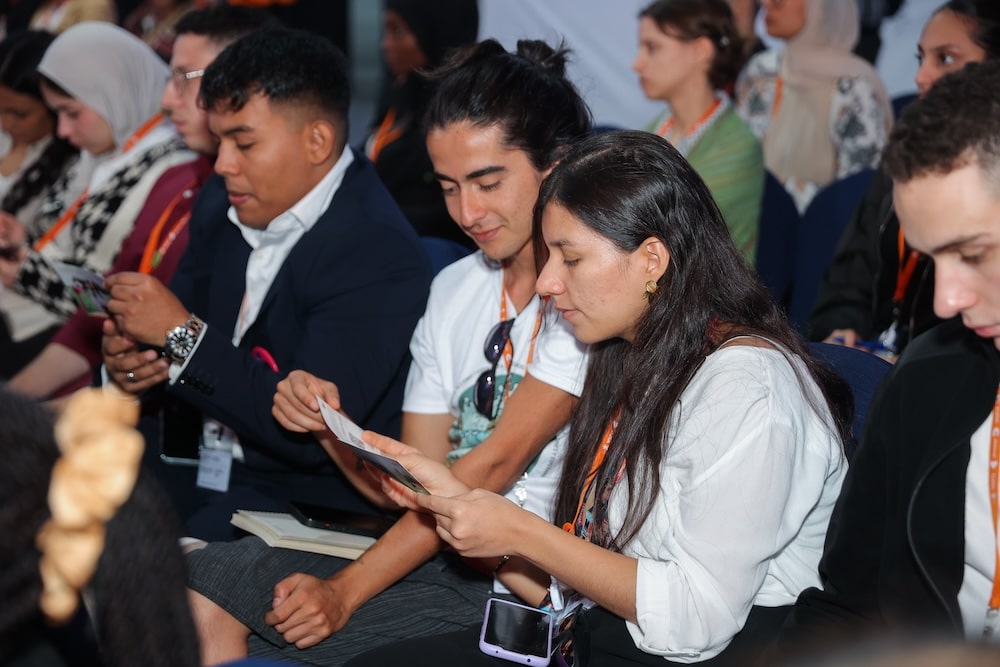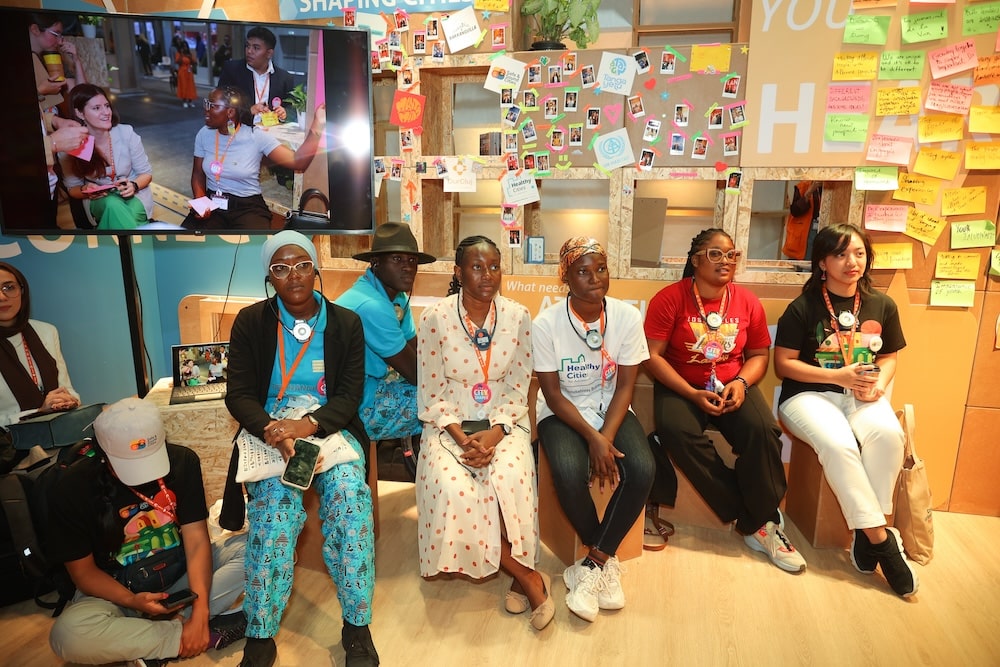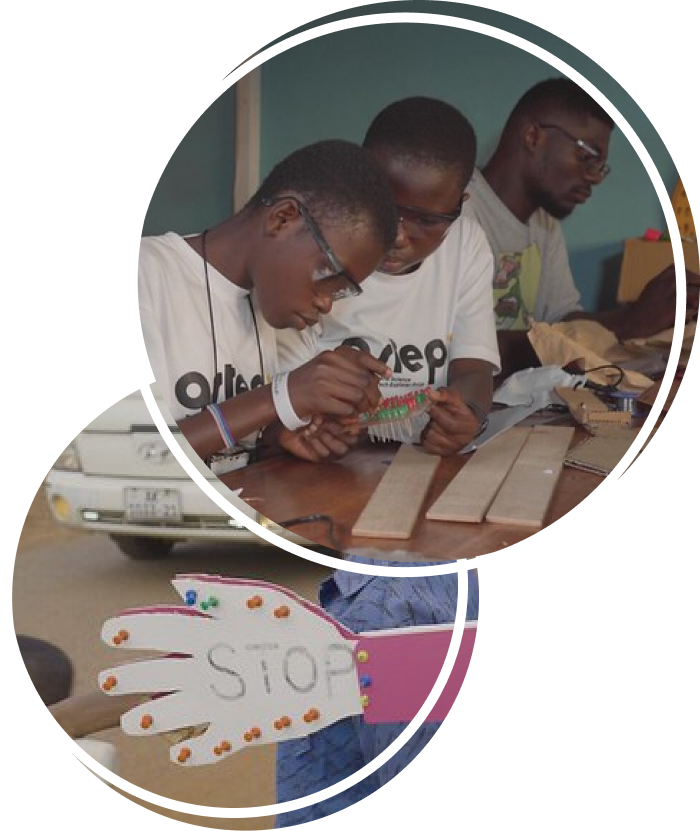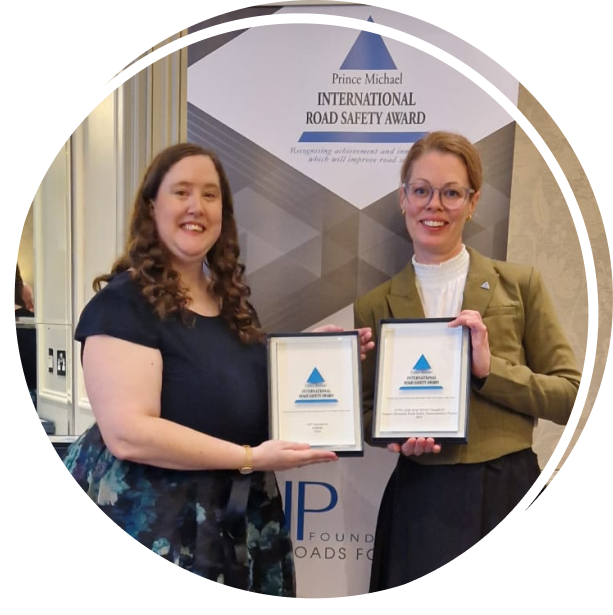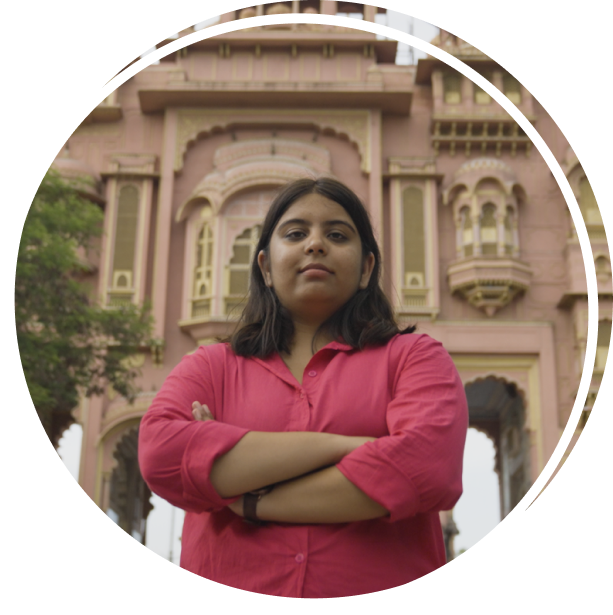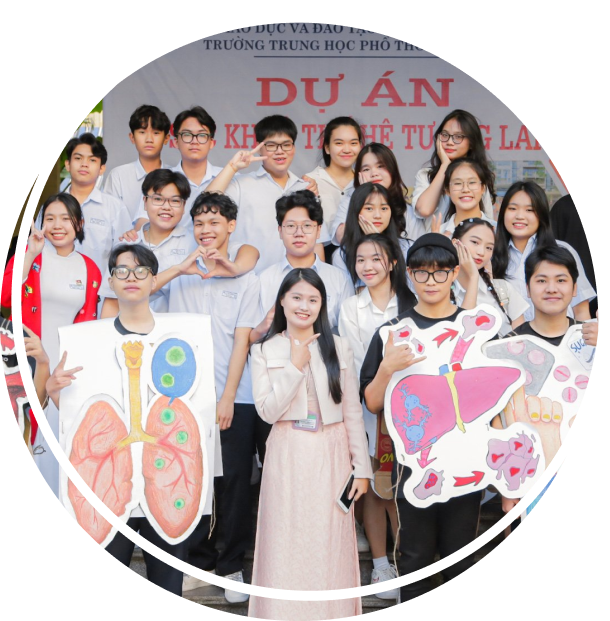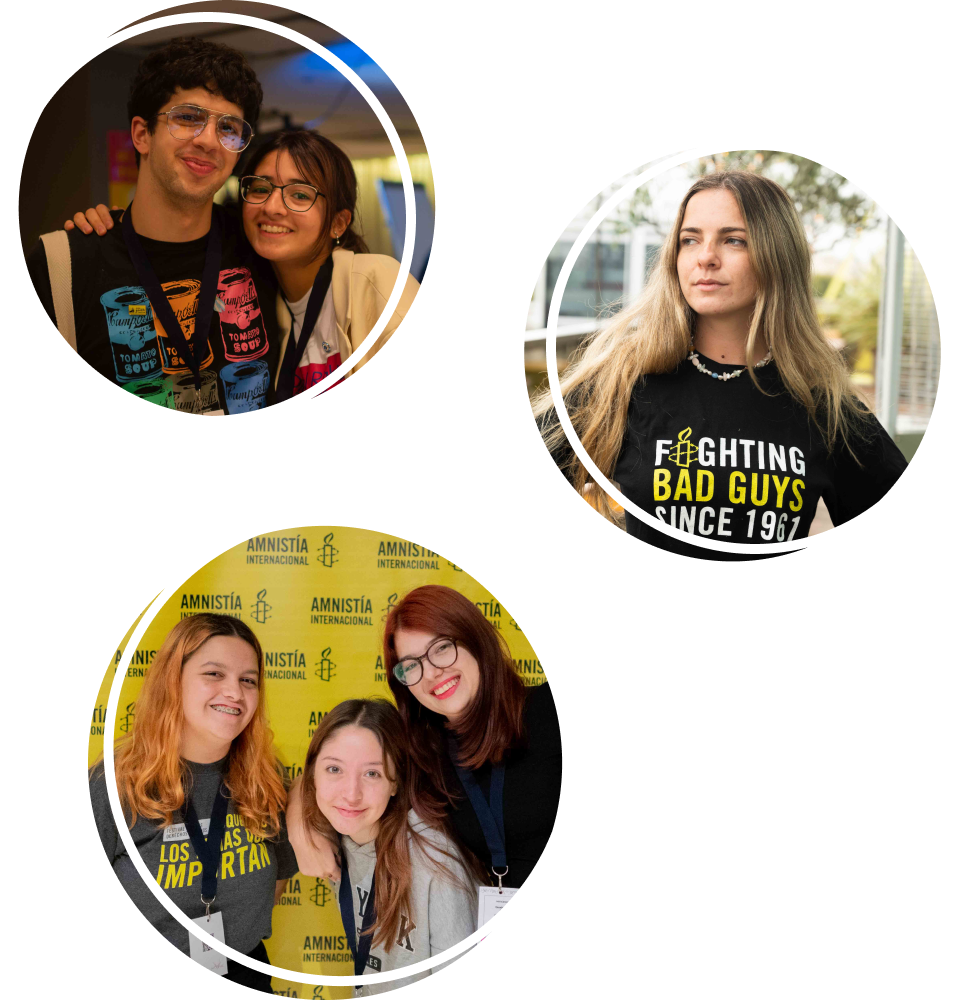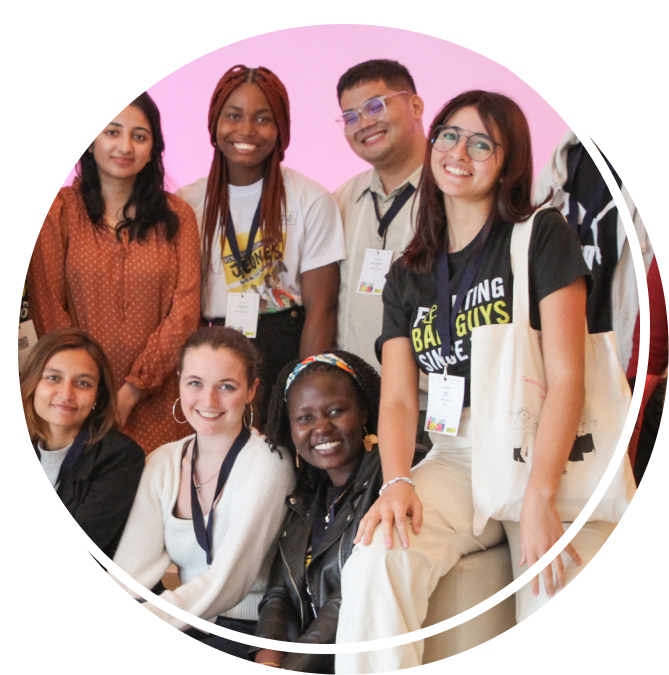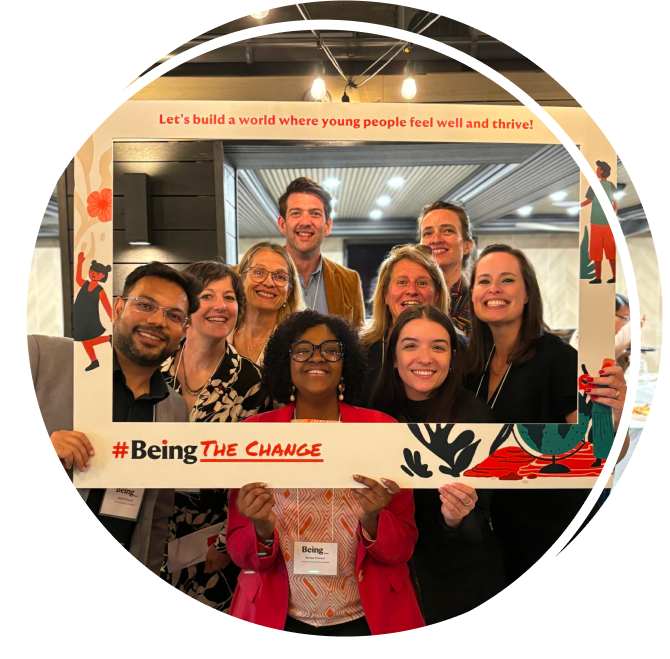This year’s World Urban Forum (WUF12) in Cairo, Egypt, brought together leaders, practitioners, and young changemakers to explore sustainable urbanisation under the theme “It All Starts at Home.” This was a moment to showcase how youth-led initiatives are reimagining cities as inclusive, sustainable, and liveable spaces.
For the first time, 42 young leaders from Fondation Botnar-supported programmes, known as City Shapers, participated in WUF12. Representing programmes such as the Young Gamechangers initiative, S2Cities, Healthy Cities for Adolescents, and OurCity, these young people demonstrated the connection between local action and collaboration and global frameworks. Linking young people to decision-makers at all levels has the potential to drive sustainable and inclusive change in cities.
Voices from the ground: Lessons from the Forum
Throughout WUF12, the City Shapers took centre stage, participating in panels, roundtables, and networking sessions. They shared their experiences and ideas, embodying the principles of participation, inclusion, equity, and local ownership, which underpin the programmes Fondation Botnar supports in cities.
- Youth agency in decision-making: Throughout the sessions, young leaders stressed the importance of moving beyond tokenistic participation. As City Shaper Daria Ciufudean from Cluj, Romania, reminded the audience, “Participation is not just a check-box.” Initiatives like the AI-driven School of Possibilities, part of the OurCluj programme, exemplify how young people leverage digital tools to actively shape decision-making processes.
- Intergenerational collaboration: This aligns with Fondation Botnar’s approach of fostering intergenerational collaboration, where young people and adults work together to co-create interventions.
- Local collaboration as a foundation for sustainable change: During the Business and Foundations Assembly, Alexander Schulze, Fondation Botnar’s Chief Programme Officer, emphasised the importance of building trust across sectors. “Sustainable urban development starts with local action—identifying stakeholders, building trust, and engaging them in participatory urban planning,” he said. This approach is exemplified in Tanga, Tanzania, where public and private stakeholders, including young people, came together to shape city initiatives.
- The power of co-creation: Lavina Rathore, from the I-India project in Jaipur, highlighted the transformative impact of co-creating city assessment tools, during a session hosted by Healthy Cities for Adolescents and the World Health Organisation (WHO). She shared how involving young people fostered compassion, pride, and a sense of belonging in a context where voluntarism is uncommon. “Why are you asking us? Just do it,” was a common sentiment. Yet, through meaningful participation, young people proved their ability to drive change.
- Trust-building mechanisms for youth participation: María Paulina Castrillón Uribe, a City Shaper from Envigado, Colombia, described how 90 young people proposed over 100 local initiatives tackling safety challenges and promoting wellbeing in their communities, showcasing tools for effective youth engagement and decision-making. Similarly, Dheamyra Aysha Ihsanti, a City Shaper from Bandung, Indonesia, emphasised the importance of trust-building among stakeholders to enable meaningful youth participation in urban decision-making.
- Young people as gamechangers: Hyung-Tae Kim from WHO stated, “It is not ‘participation’; young people are gamechangers. Who will lead future cities? Adolescents, they need to be there.” This sentiment underscores the importance of connecting young people with local authorities to ensure their voices shape future urban policies.
- Building pride and changing perceptions: City Shaper Sebastian David Cera Hernadez, from the OurBarranquilla programme in Colombia, discussed ways to overcome perceptions of immaturity often associated with young people. He emphasised how collective youth engagement and tangible impact can build confidence and credibility, proving that young people are capable of driving real change.
- The need for safe, supportive spaces: Insights from City Shapers’ workshops emphasised how welcoming environments enable young people to engage meaningfully and authentically.
- Ethics and accountability in digital design: A discussion on digitalisation underscored the importance of embedding ethical considerations into the design of urban systems, recognising that ethical decisions are fundamentally about human considerations.
- Collaboration within a global community: The City Shapers emphasised the value of building connections across cities and countries, exchanging insights and learnings on shared challenges, solutions, and experiences. They suggested sustaining the City Shaper community as a platform for young changemakers to share and collaborate.
- The role of public spaces in mental health: Several sessions underscored the vital role of public spaces in supporting young people’s mental and physical health. These discussions emphasised the importance of co-creation processes to ensure these spaces are inclusive and sustainable.
Building a movement: The impact of City Shapers
At WUF12, the City Shapers demonstrated the transformative power of youth leadership in urban change through their energy, insights, and actions. One participant noted, “Young people have the passion, energy, and ideas to drive change. Now it’s up to all of us to create the spaces for them to lead.”
The City Shapers themselves shared key recommendations:
- Create supportive, safe, and fun spaces to encourage full participation
- Be present and on-site, both as organisers and as young leaders, to build connections within communities
- Walk the talk—give young people real opportunities to lead, not just consult
- Ensure access to information and networks through youth-led newsletters and digital platforms to sustain engagement
Looking ahead:
As urbanisation accelerates globally, we must continue to foster connections, amplify youth voices, and support young people in driving sustainable and inclusive urban development. The City Shapers are committed to applying their learnings from WUF12 to inspire local change, collaborate across borders, and create a lasting movement for youth-led transformation.
This experience reaffirmed the transformative power of working together, sharing stories, and uniting around a common purpose. Together with young people, Fondation Botnar is committed to building trust, amplifying voices, and fostering collaboration to create thriving urban environments designed not just for young people, but with them.
